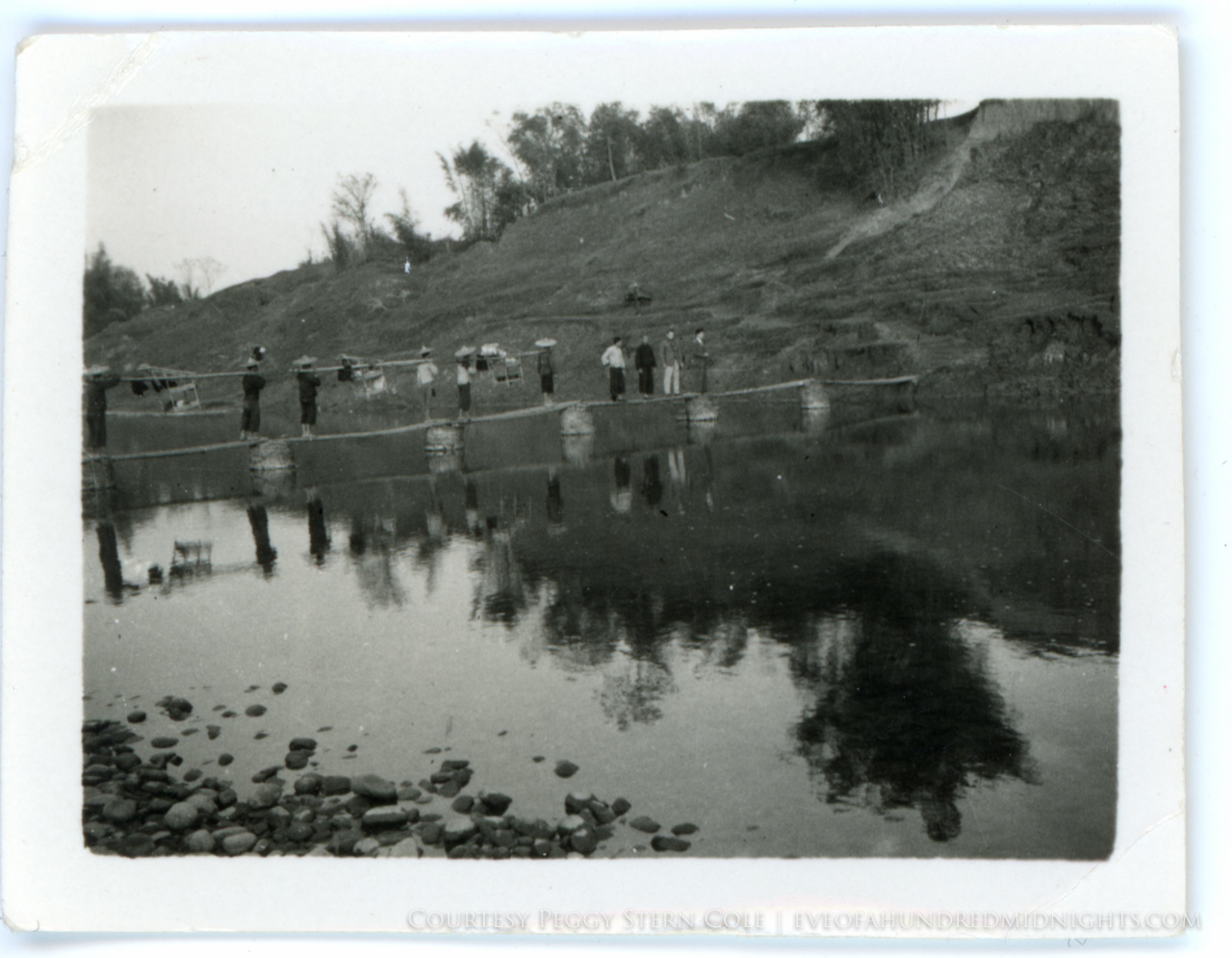The Year that Changed Mel...And China
Melville Jacoby's interest in China can be traced back to 1936. That year and into 1937, during what would have been Mel's junior year at Stanford University, he went to China as an exchange student. There, he studied in the southern port city of Canton (that was the English transliteration of the time; it is now commonly transliterated as Guangzhou). He joined other American and Chinese students on the campus of Lingnan University (which still exists in another form in Hong Kong, while its original campus remains as part of Sun Yat-sen University in Guangzhou).
Melville Jacoby's interest in China can be traced back to 1936. That year and into 1937, during what would have been Mel's junior year at Stanford University, he went to China as an exchange student. There, he studied in the southern port city of Canton (that was the English transliteration of the time; it is now commonly transliterated as Guangzhou). He joined other American and Chinese students on the campus of Lingnan University (which still exists in another form in Hong Kong, while its original campus remains as part of Sun Yat-sen University in Guangzhou).
The year was as transformative for China as it was for Mel. That December, China's then leader, Chiang Kai-Shek (Jiang Jieshi) was kidnapped and held under house arrest near the city of Sian (Xi'an), leaving Chinese politics in a lurch. Though the crisis was resolved two weeks later with new (temporary) cooperation between Chinese communists and Chiang's Kuomintang (Guomindang) Party, by the summer of 1937 China went to war with Japan. Mel was there when the fighting began, and the conflict that became World War II would dominate the rest of his life and work.
But Mel was also a fairly typical 20-year-old student when he was at Lingnan, and the following pictures depict the life of a western student at Lingnan, as well as some of what Mel saw in surrounding regions of China. To see more pictures, click on the "Images of the Past" button in the menu and choose a portion of Mel's life.
Read more about Mel's story today in Eve of a Hundred Midnights, available now!
Meet Marie
There were other romances for Melville Jacoby before he and Annalee Whitmore escaped the Philippines as newlyweds.This shouldn't surprise most of you. Many have remarked about Mel's good looks, and photos of him certainly seem to excite the Tumblr set. Saying Mel was dashing might be superficial, but it's no less true. Among the women who stand out was Marie, the daughter of a wealthy Portuguese colonist who had many Chinese wives.
There were other romances for Melville Jacoby before he and Annalee Whitmore escaped the Philippines as newlyweds. This shouldn't surprise most of you. Many have remarked about Mel's good looks, and photos of him certainly seem to excite the Tumblr set. Saying Mel was dashing might be superficial, but it's no less true. Of course, it's tough not to allow our contemporary nostalgia for all things vintage to enhance Mel's charm. Nevertheless, he was handsome.
Though Annalee was the woman who finally won Mel's heart, others came first. After a visit to Hong Kong in early 1937, for example, Mel wrote about a date "with two girls Sunday night one of them was a more modern Chinese girl." Mel proceeded to remark how Hong Kong girls were more modern than those around his college in Lingnan; then he bragged about swimming at the Lido twice, including "Once at one A.M. in the moonlight." Modernity indeed.
But Mel had more than dates. Two women stand out in particular: Marie (Seen above) and Shirlee (a college sweetheart who I'll introduce in another post).
Marie was the daughter of a wealthy Portuguese colonist who had many Chinese wives. Mel first met her on a holiday vacation during his year at Lingnan University. He'd befriended a man named Carlos at a pilot school in Hong Kong. Carlos, in turn, invited Mel and some other exchange students for what Mel describes in one letter as a "big four day party."
In those four days, Mel met Carlos's 18 sisters. Among them was Marie. Over the ensuing months and weeks, Mel's letters evolve from mentions of a "very nice looking friend" who telegrams Mel to visit Macau for the weekend, to references to his "girlfriend." The exchanges ensue as Mel accepts more invitations to Macau, though some are also from his friend Carlos, who he admires very much.
"Did so and again was the victim of hospitality, one or two parties and such," he wrote to his parents(I continue to be struck by his candor in his correspondence with them). "Arrived on campus at six a.m. and read your letters in my seven o'clock class."
It certainly is a unique relationship. Though Mel gladly visits, their dates must be chaperoned. And chaperoned they are ... by all seven of Marie's "mothers." Each of the wives of Marie's father accompany the couple on their dates.
None of this dissuades Mel, and by the time his exchange program wraps up in June, 1937, he considers bringing Marie with him back to the United States. But in his description of his decision not to do so we see a troubling hint at the casual prejudices of Mel's era, prejudices that Mel himself can't escape.
"Had lots of fun taking her out spending money and everything," Mel writes to his mother and stepfather. "Thought about taking her home and putting her in pictures but decided stepping off the gangplank in U.S. with her on my arm might cause considerable consternation among my closest relatives."
It's too bad to realize that Mel's relatives -- my relatives -- might be so troubled by the thought of Mel becoming serious with a half-Chinese woman, and it's even more troubling that Mel himself succumbed to such concerns. Sadly, such hesitations were not isolated to Mel or his family but were a reality of their era.
But even that sentiment is my interpretation of a small part of Mel's correspondence, much of which reveals a growing infatuation with Marie. In future posts and in the book itself, I hope to offer more about Marie (indeed, I have one special treat planned). I'll also, of course, introduce Shirlee as well. If you don't want to miss these or other posts, please subscribe to email updates or this blog's RSS feeds if you haven't already.
For now I"ll leave you with the note Marie left for Mel the day he left after his exchange program.
I Shall Never Forget Our Friendship
"I recognize our father immediately," Susie Poon says as she stares at a weathered black and white image of a young Chinese man. is Chan Ka Yik, Melville Jacoby's roommate while the latter was an exchange student at Lingan University in Canton during the 1936-37 academic year.
Poon and her sisters, Emmy Ma and Eva Cheung, their husbands, and three generations of my own family pass ancient photos around the room. The pictures show a prized water buffalo and grinning friends on balconies, boys jumping into swimming holes and old men steering sampans, classes arranged for group photos and candid snapshots. They contrast an elaborate family compound in Guangxi with peasants toiling in the countryside. And they feature handsome young men in three-piece suits, their smiles filled with excitement, adventure and friendship crossing two cultures, two continents, and two countries.
"Mel looked like a movie star," Emmy says, echoing a sentiment many express when they see pictures of Melville Jacoby. But the star today is my grandmother, Peggy Cole, who holds court with a folder full of letters, a pile of photos, and a sheet of notes to which she refers while recounting the adventures Mel, Chan and their classmates took together. Many of the tales she shares she heard from Mel's own mouth when he returned home from his first trip to China and visited his adoring cousins. The others she pieced together from letters and memorabilia she inherited from Mel's mom, Elza. For the first time in half a century our two families connected. As we exchanged memories, new stories took shape.
“That's Papa!” Recognition bursts forth in a flurry of English and Cantonese as warm as the California sun streaming through the living room windows.
"I recognize our father immediately," Susie Poon says as she stares at a weathered black and white image of a young Chinese man. The man is Chan Ka Yik, Melville Jacoby's roommate while the latter was an exchange student at Lingan University in Canton during the 1936-37 academic year.
Poon and her sisters, Emmy Ma and Eva Cheung, their husbands, and three generations of my own family pass ancient photos around the room. The pictures show a prized water buffalo and grinning friends on balconies, boys jumping into swimming holes and old men steering sampans, classes arranged for group photos and candid snapshots. They contrast an elaborate family compound in Guangxi with peasants toiling in the countryside. And they feature handsome young men in three-piece suits, their smiles filled with excitement, adventure and friendship crossing two cultures, two continents, and two countries.
(Before you continue, why not make a donation to support this project?)
These were simple, timeless moments of peace. These were moments before war, moments before revolution and exile. Before life and death.
These were moments we all recognize. These were moments that have been and moments that will be.
"Mel looked like a movie star," Emmy says, echoing a sentiment many express when they see pictures of my cousin (twice-removed).
But the star today is my grandmother, Peggy Cole, who holds court with a folder full of letters, a pile of photos, and a sheet of notes to which she refers while recounting the adventures Mel, Chan and their classmates took together. Many of the tales she shares she heard from Mel's own mouth when he returned home from his first trip to China and visited his adoring cousins. The others she pieced together from letters and memorabilia she inherited from Mel's mom, Elza.
For the first time in half a century our two families connected. As we exchanged memories, new stories took shape.
Chan emigrated to the U.S. more than a decade after Mel's death. As he fled China, Chan reached out to Elza to vouch for him with immigration officials. In the letter he sent his beloved roommate's mother, Chan described how Mel's death was not just a loss to her family, but a loss of his own "good friend," telling her.
"I shall never forget our friendship and what we had done in Lingnan and my country."
Indeed, it seems that friendship continues.
Search Posts
Archived Posts
- March 2024 1
- October 2023 1
- October 2022 2
- December 2017 1
- April 2017 1
- February 2017 1
- January 2017 1
- November 2016 2
- August 2016 2
- July 2016 2
- December 2015 1
- November 2015 2
- September 2015 3
- April 2015 1
- March 2015 1
- February 2015 1
- January 2015 4
- August 2014 1
- May 2014 1
- April 2014 4
- March 2014 6
- December 2013 1
- November 2013 1
- August 2013 3
- May 2013 2
- April 2013 1
- December 2012 3
- November 2012 2
- October 2012 2
- September 2012 3
- August 2012 6
- July 2012 4
- June 2012 1
- May 2012 6
- April 2012 2
- March 2012 3
- January 2012 2
- September 2011 2
- August 2011 2
- July 2011 1
- May 2011 9
- April 2011 2
- March 2011 1
- January 2011 2
- November 2010 1
- October 2010 1
- August 2010 3
- July 2010 1
- June 2010 1
- May 2010 12
- April 2010 2
- March 2010 1
- January 2010 1
- December 2009 1
- November 2009 4
- October 2009 2
- September 2009 2
- August 2009 1
- July 2009 1
- June 2009 4
- May 2009 1
- March 2009 5
- February 2009 4

![The Canton Landing [Front].jpg](https://images.squarespace-cdn.com/content/v1/51db1d79e4b03e2f06324d97/1473380873324-VJXP95LPJKSKH3YX0ME4/The+Canton+Landing+%5BFront%5D.jpg)
![Typical Canton Street Scene [Front].jpg](https://images.squarespace-cdn.com/content/v1/51db1d79e4b03e2f06324d97/1473380887168-QG8KGN67431O5CFBSPU1/Typical+Canton+Street+Scene+%5BFront%5D.jpg)
![Typical Canton Street Scene [back].jpg](https://images.squarespace-cdn.com/content/v1/51db1d79e4b03e2f06324d97/1473380886234-AWCQAHCJZGI2NXOXPESO/Typical+Canton+Street+Scene+%5Bback%5D.jpg)
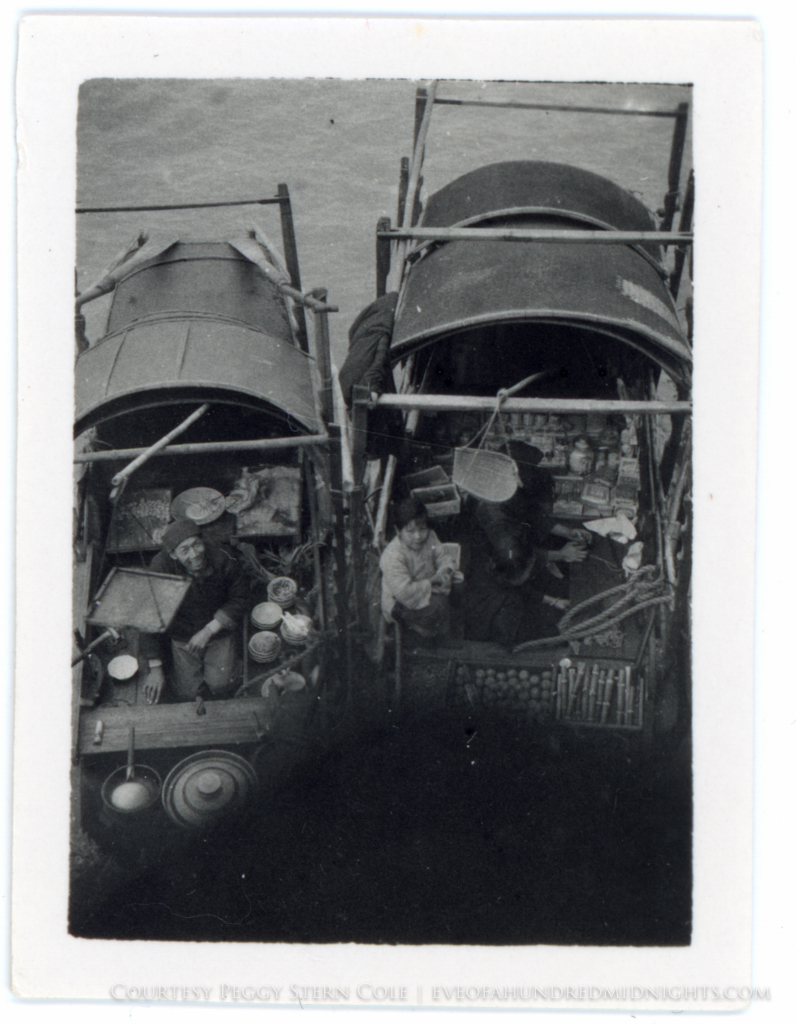
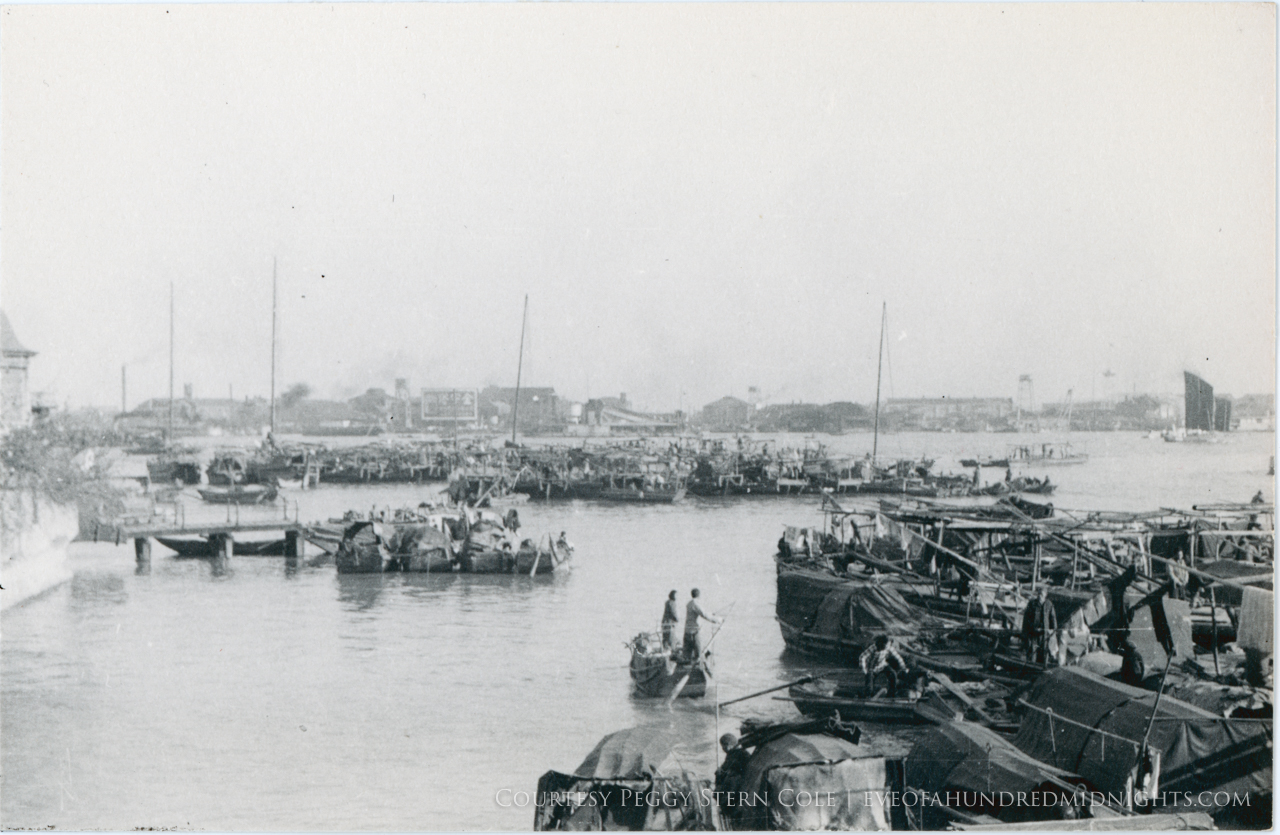
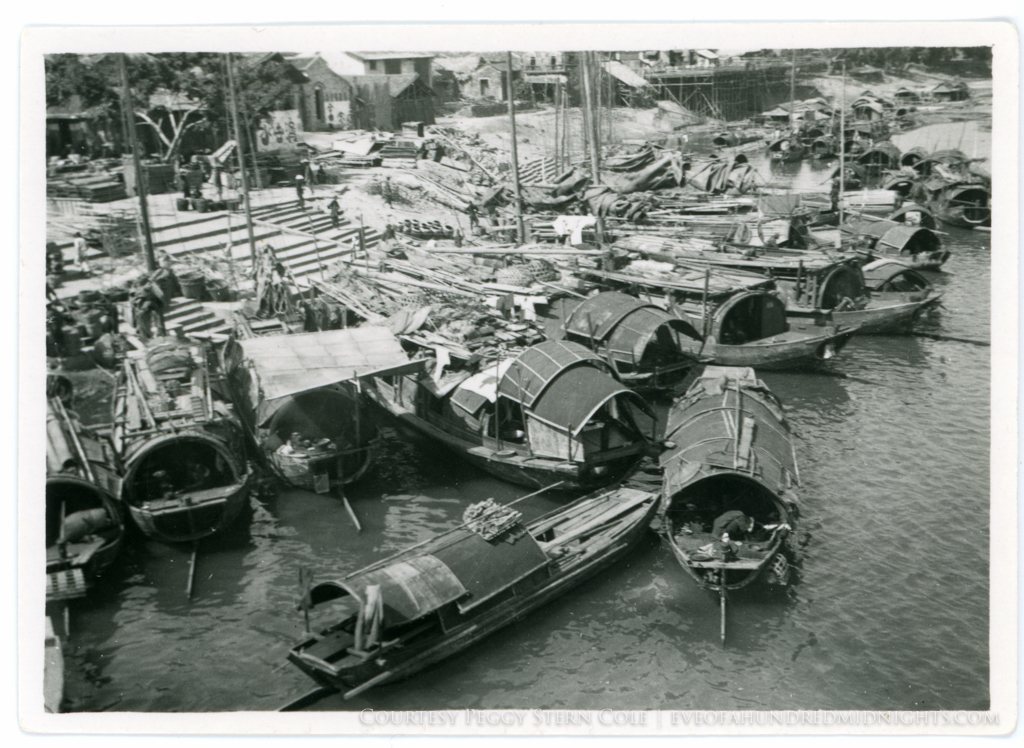
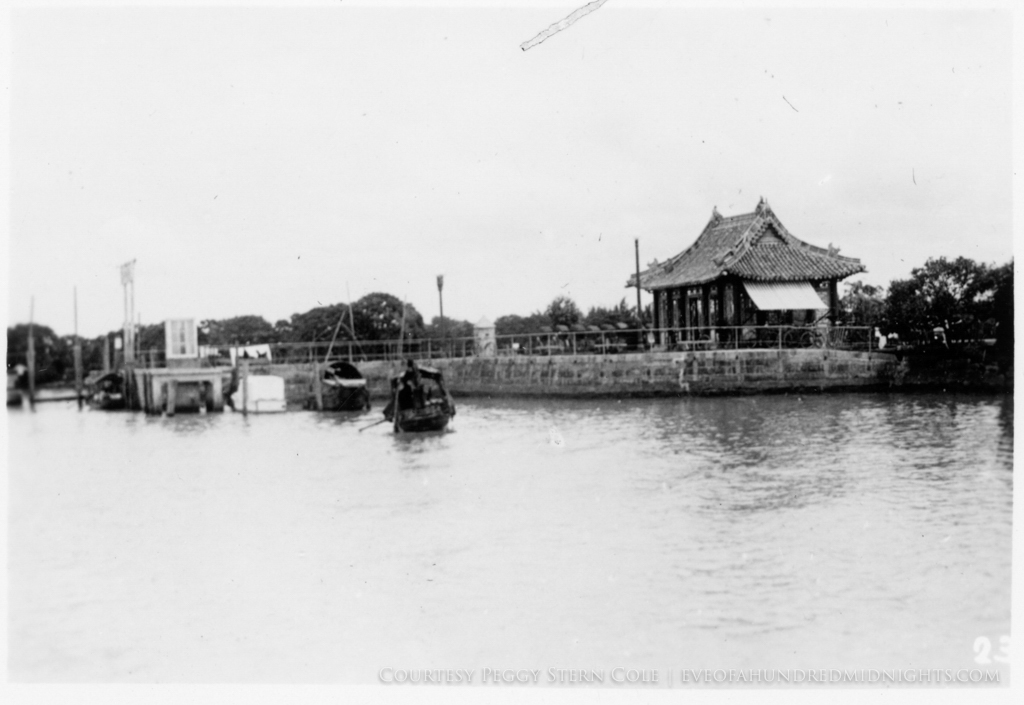
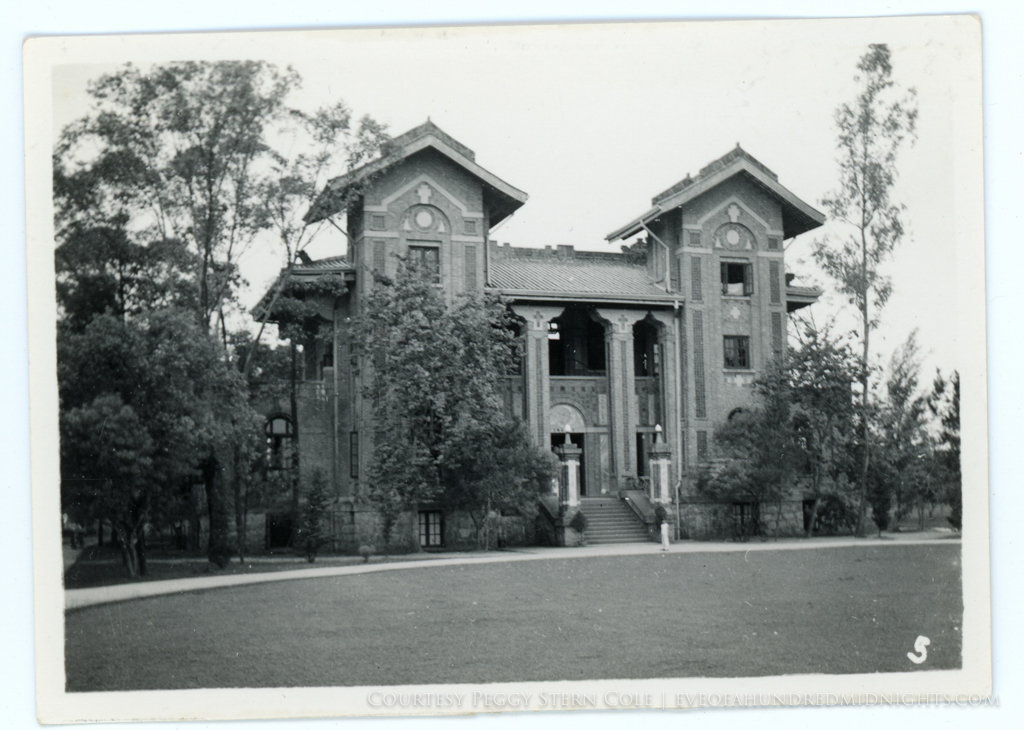
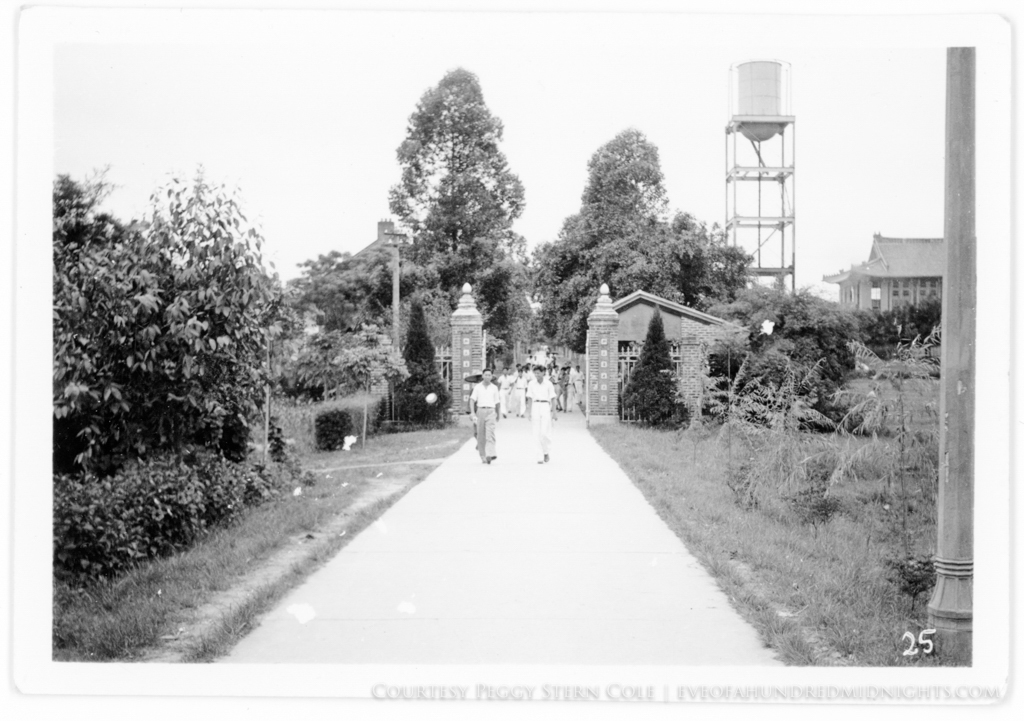
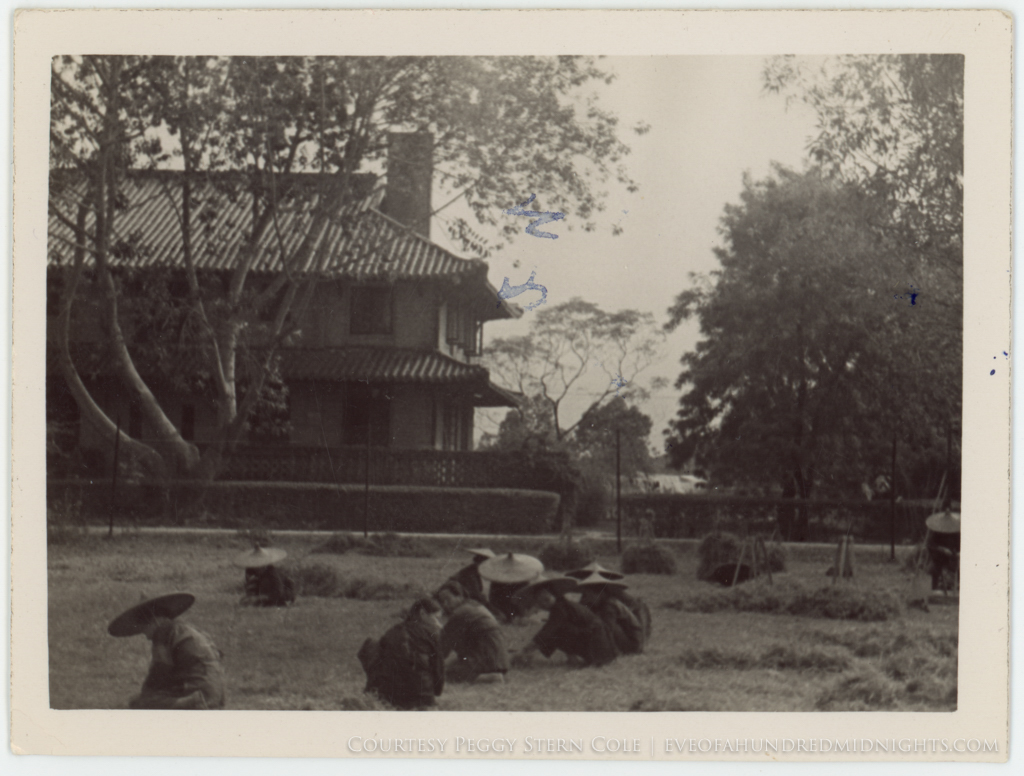
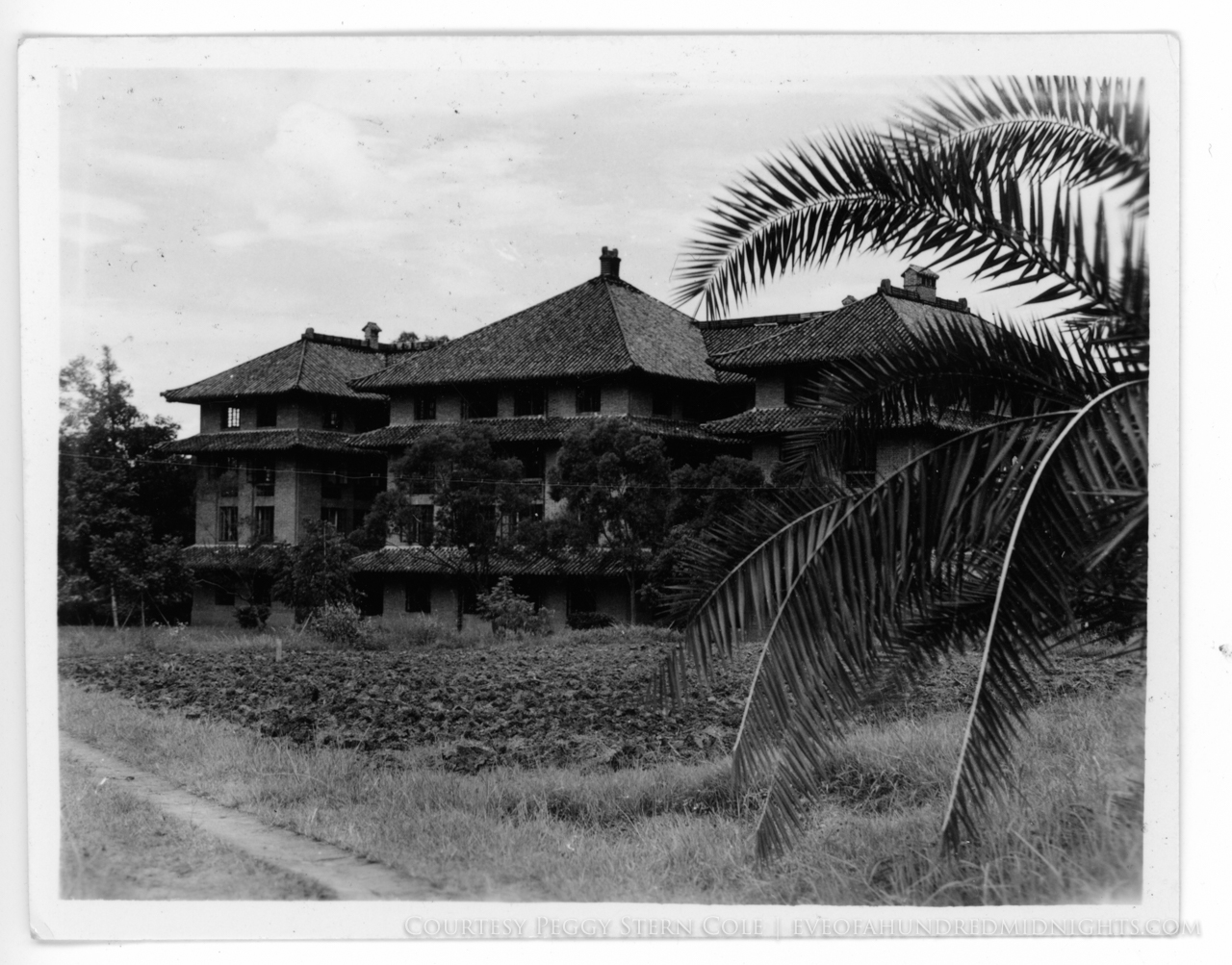
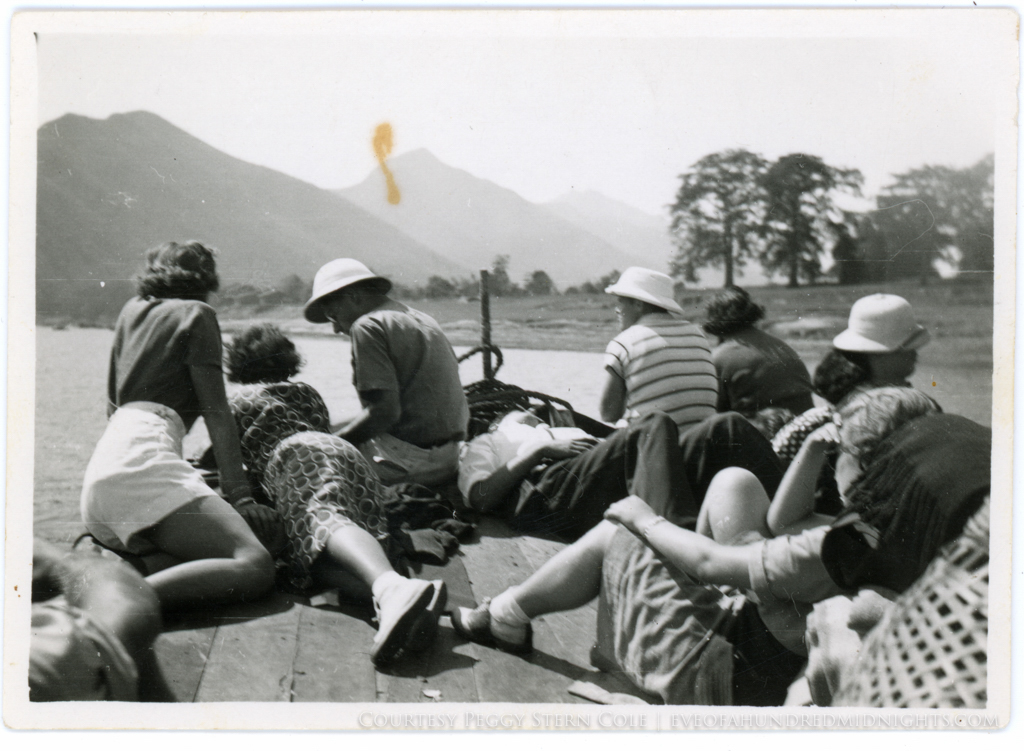
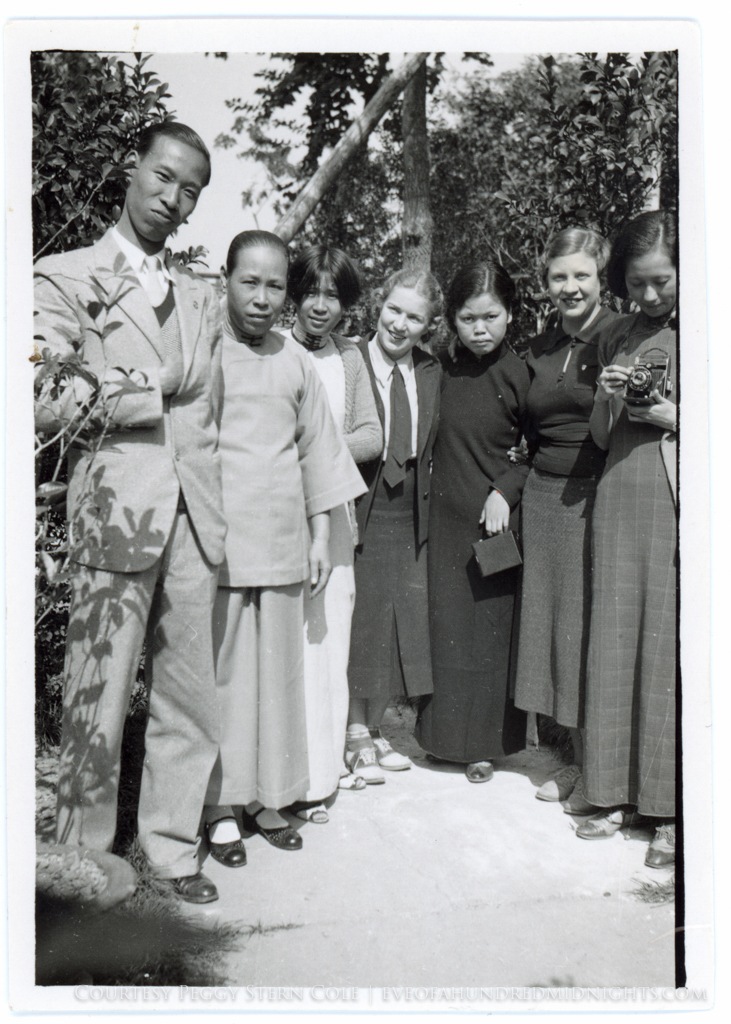
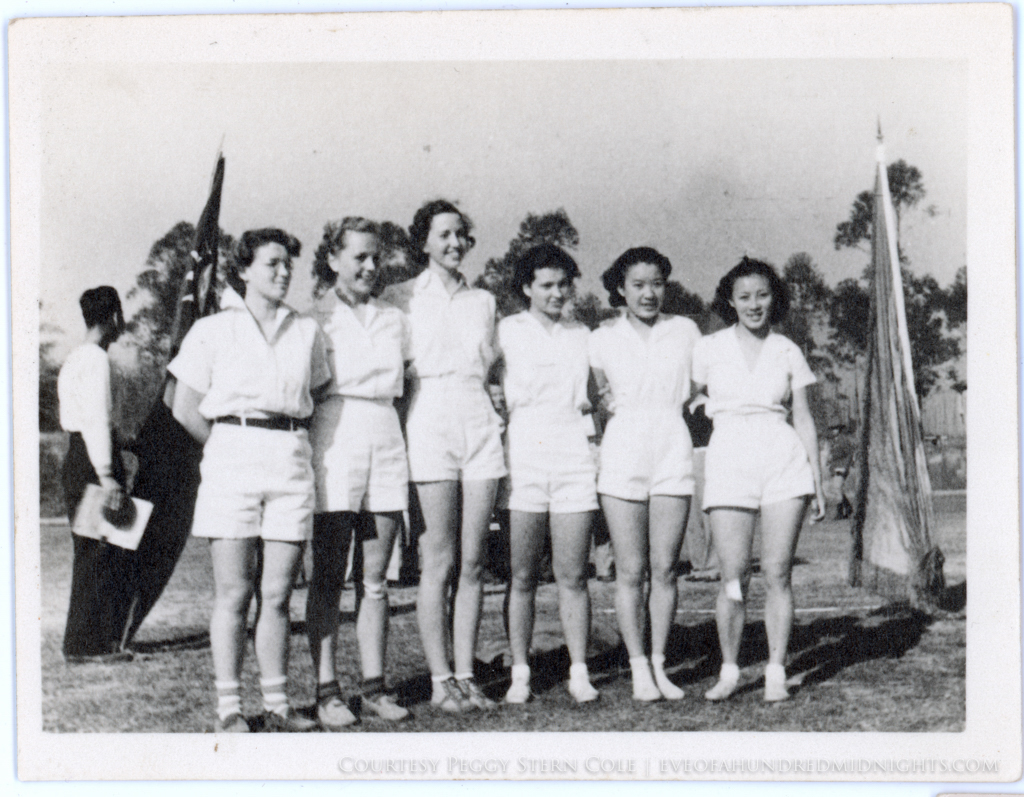
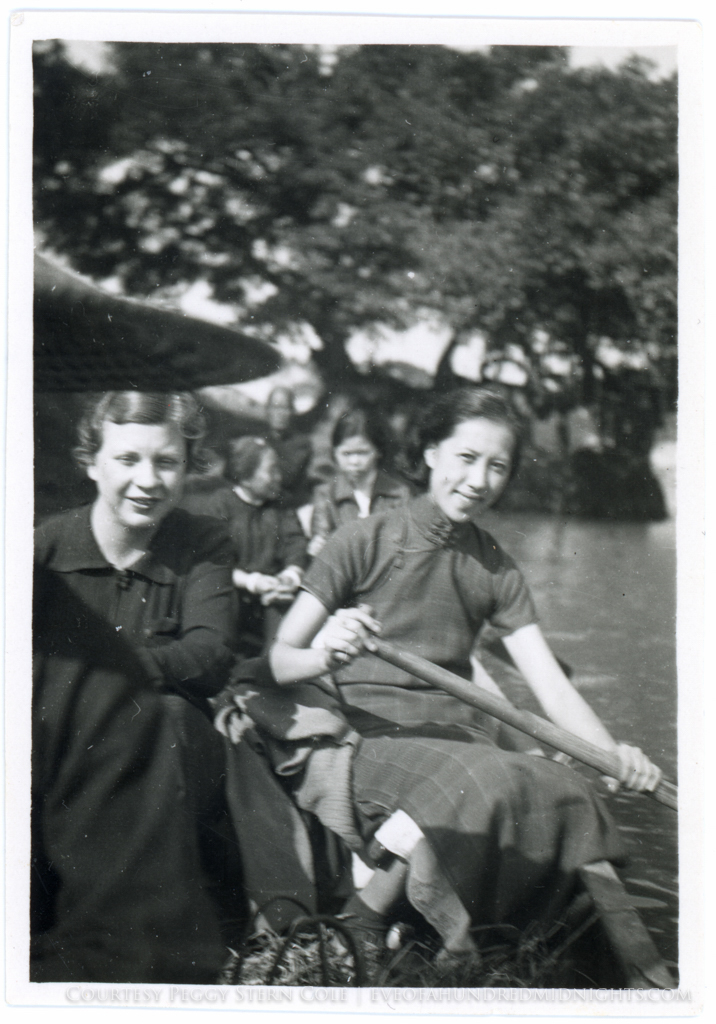
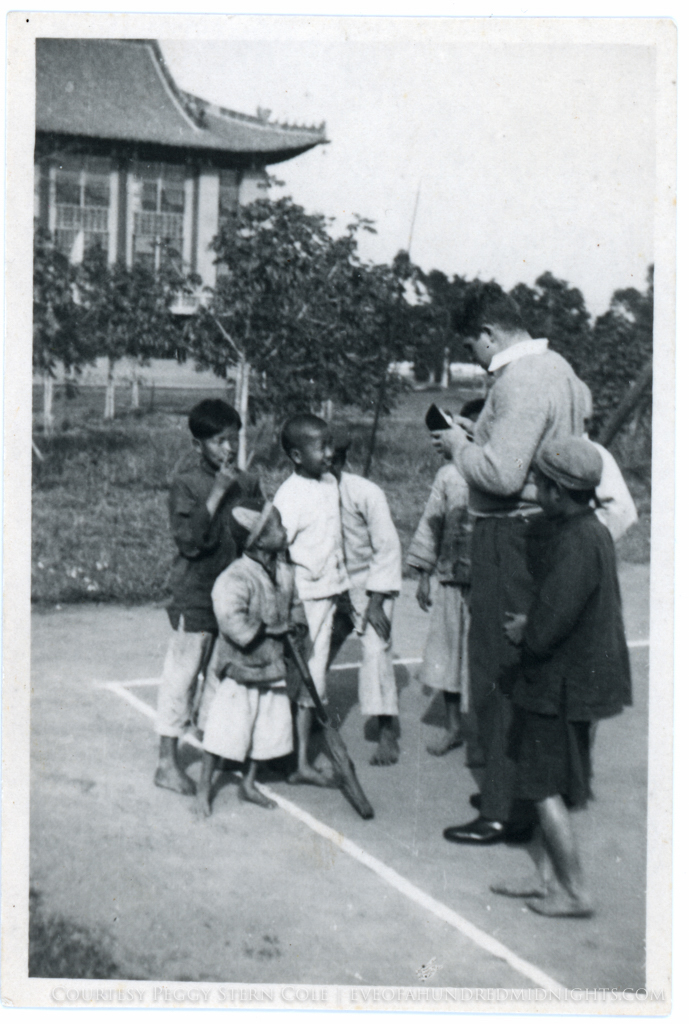
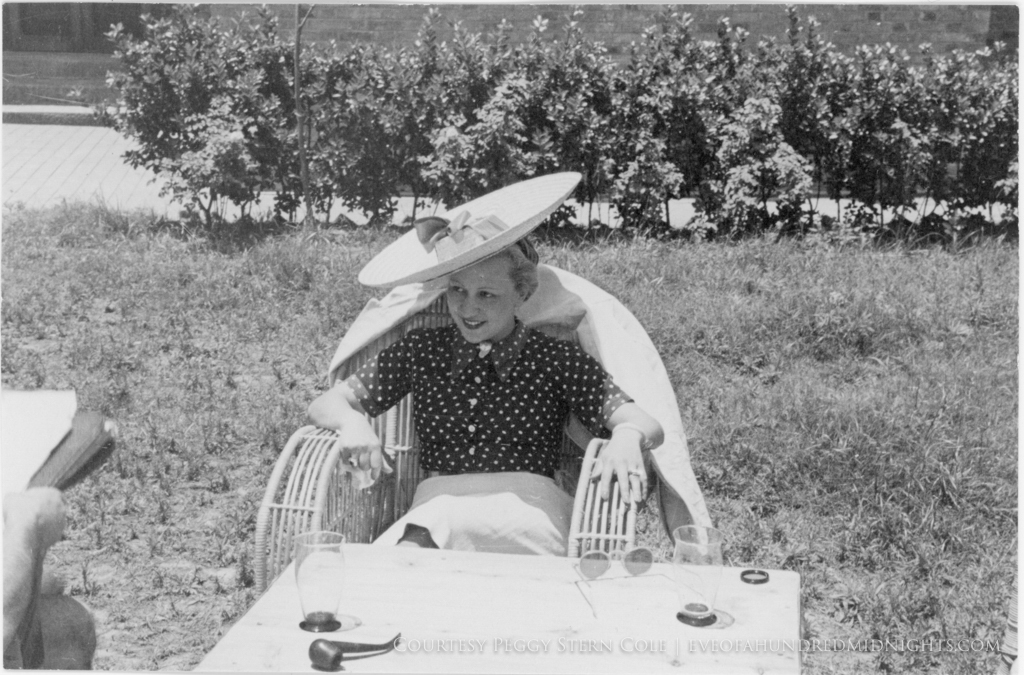
![One of the Hawaiian Chinese Girls [Front]-2.jpg](https://images.squarespace-cdn.com/content/v1/51db1d79e4b03e2f06324d97/1469736497421-JDTW1R4G8WMPFTPGWLYA/One+of+the+Hawaiian+Chinese+Girls+%5BFront%5D-2.jpg)
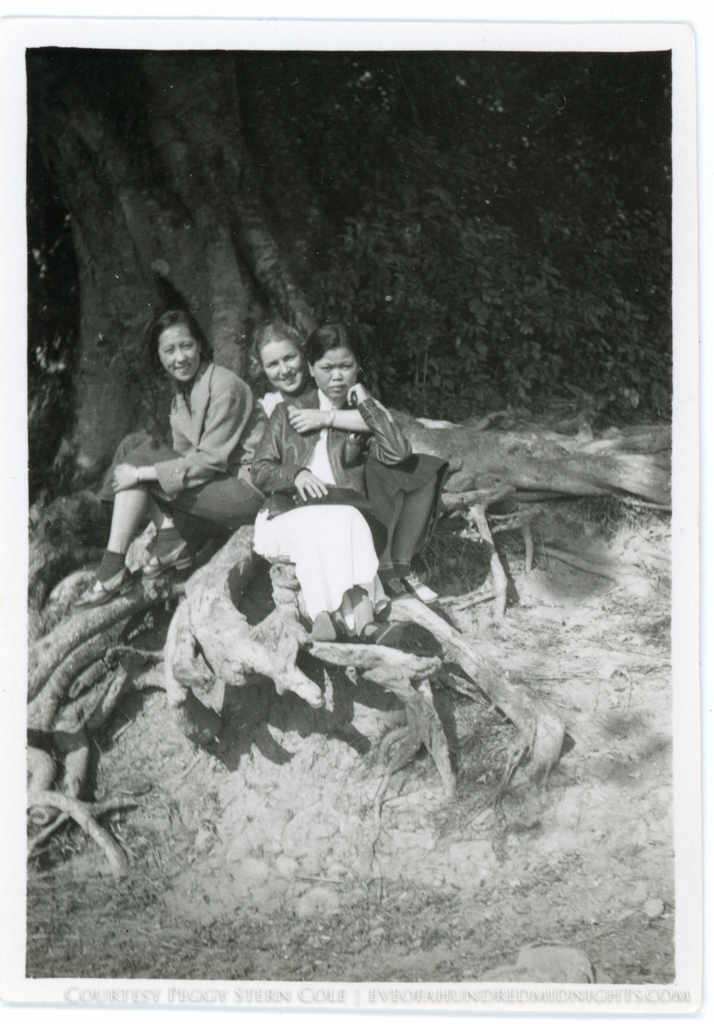
![Lingnan Meal With Students Identified [Front].jpg](https://images.squarespace-cdn.com/content/v1/51db1d79e4b03e2f06324d97/1469736475226-XQ155UF2HIZ4DW5DZXMO/Lingnan+Meal+With+Students+Identified+%5BFront%5D.jpg)
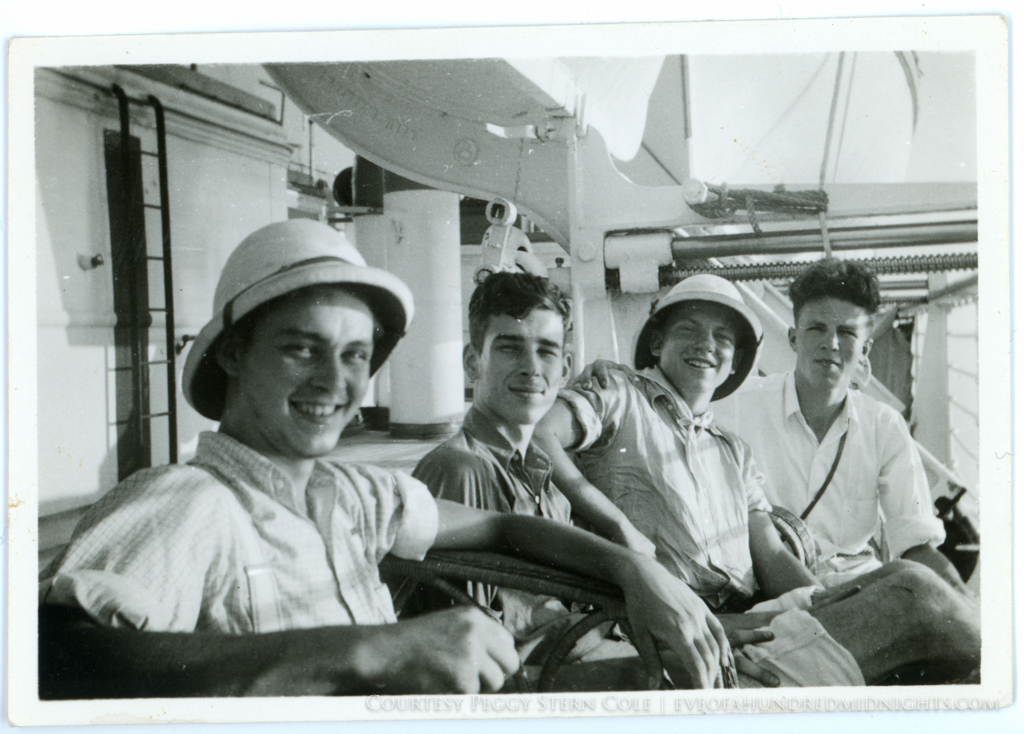
![Head Ama Ay Ti [front].jpg](https://images.squarespace-cdn.com/content/v1/51db1d79e4b03e2f06324d97/1469736463411-HWUEGD604VBMRKON0J2U/Head+Ama+Ay+Ti+%5Bfront%5D.jpg)
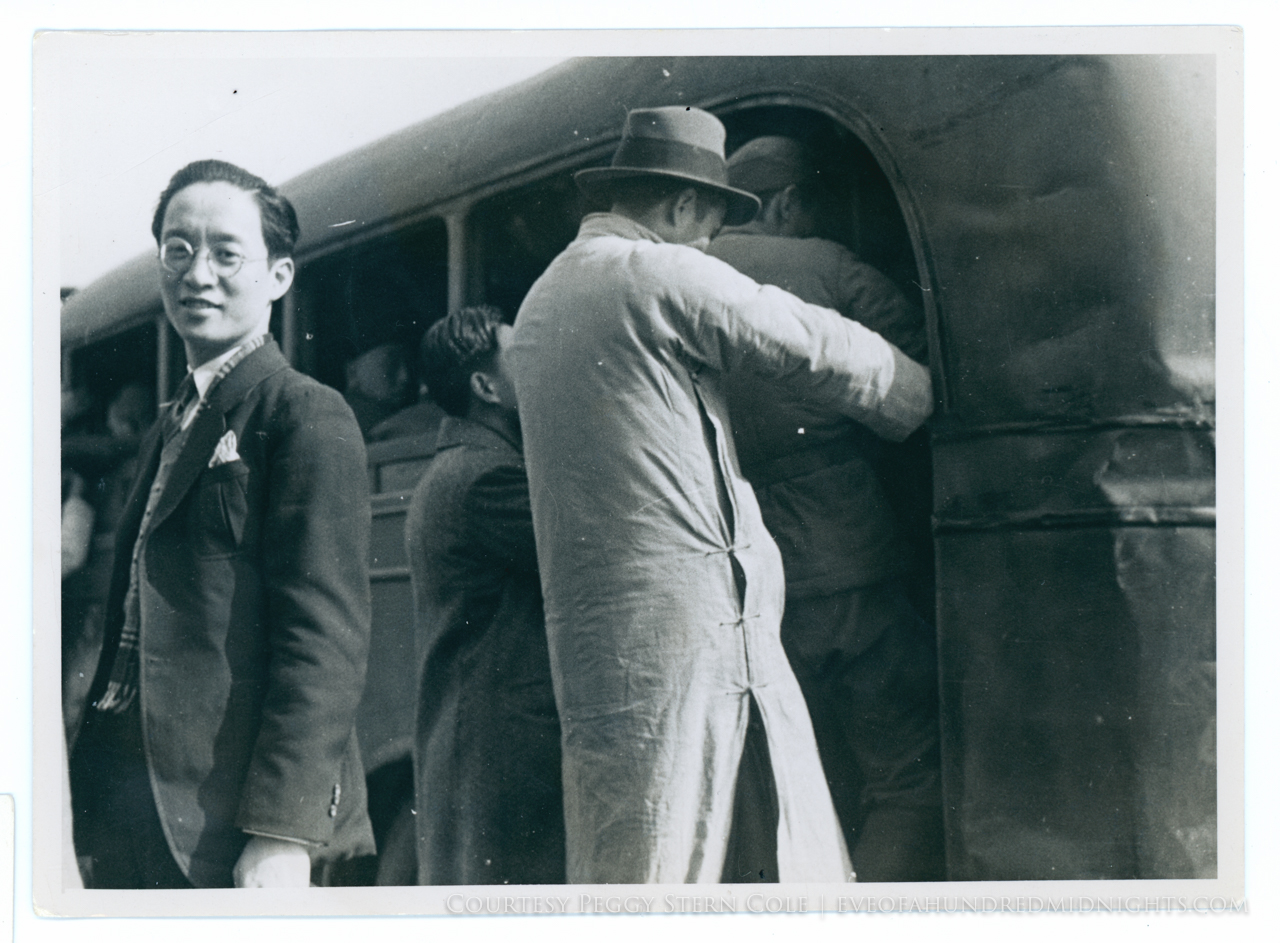
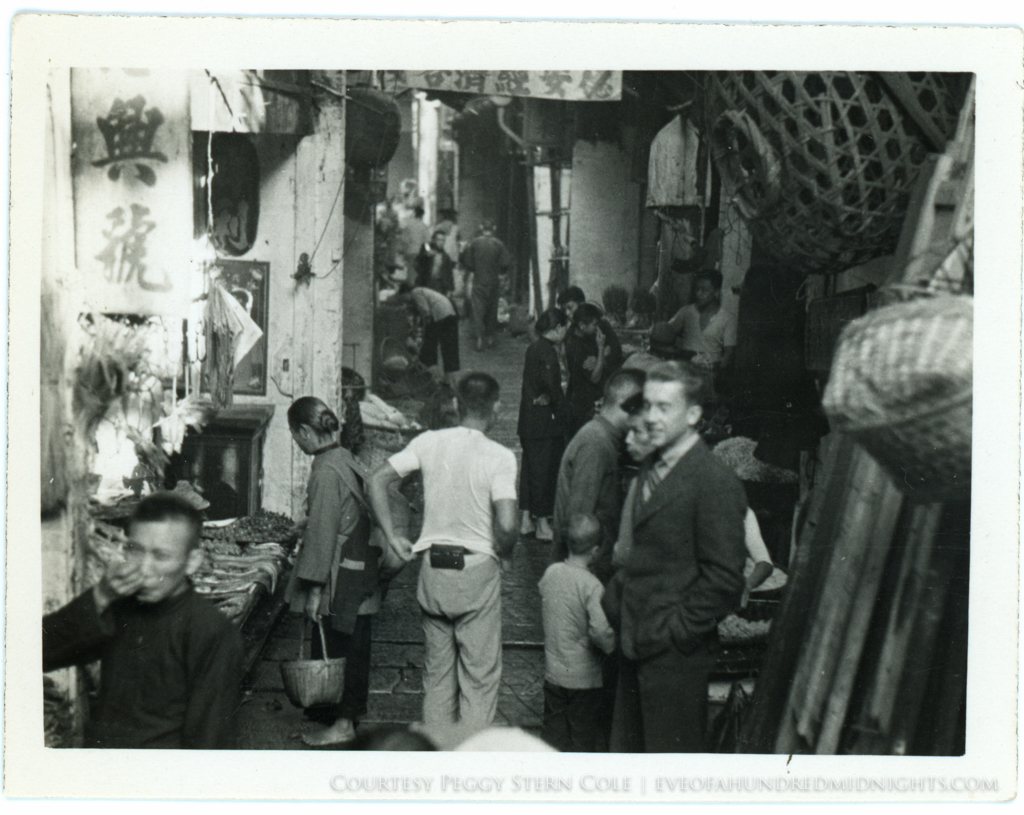
![Chinese Dragon Up Close [Front].jpg](https://images.squarespace-cdn.com/content/v1/51db1d79e4b03e2f06324d97/1469736442019-XIW0UYWY93YT1ENOU2AN/Chinese+Dragon+Up+Close+%5BFront%5D.jpg)
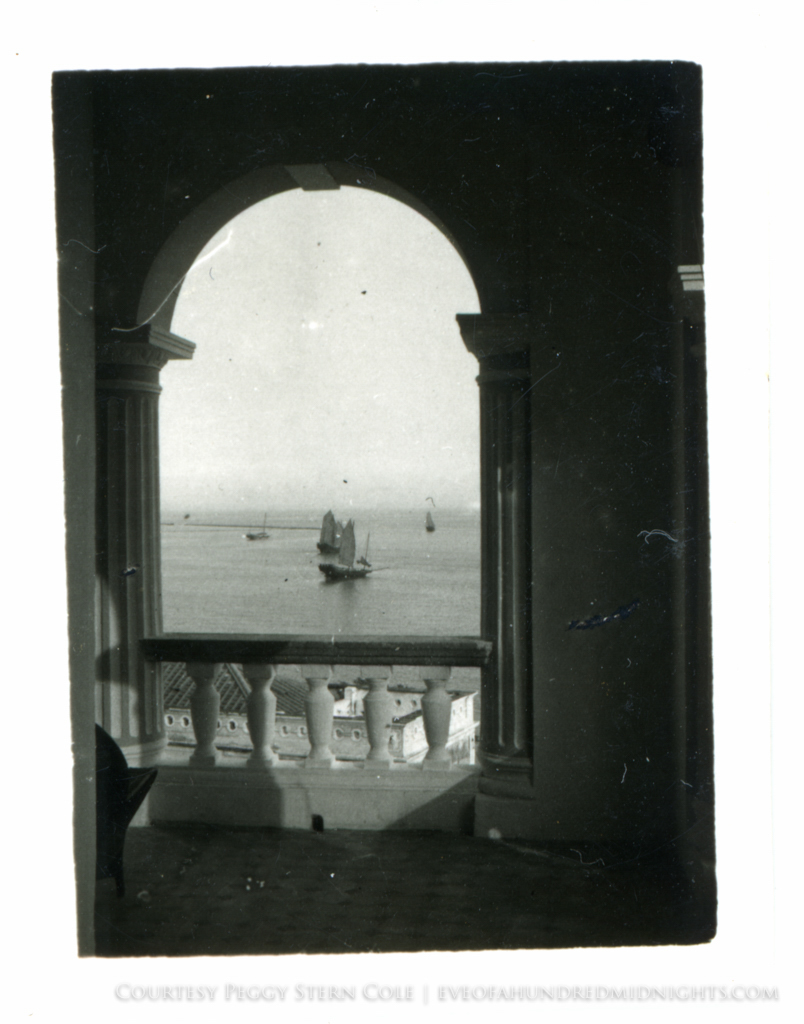
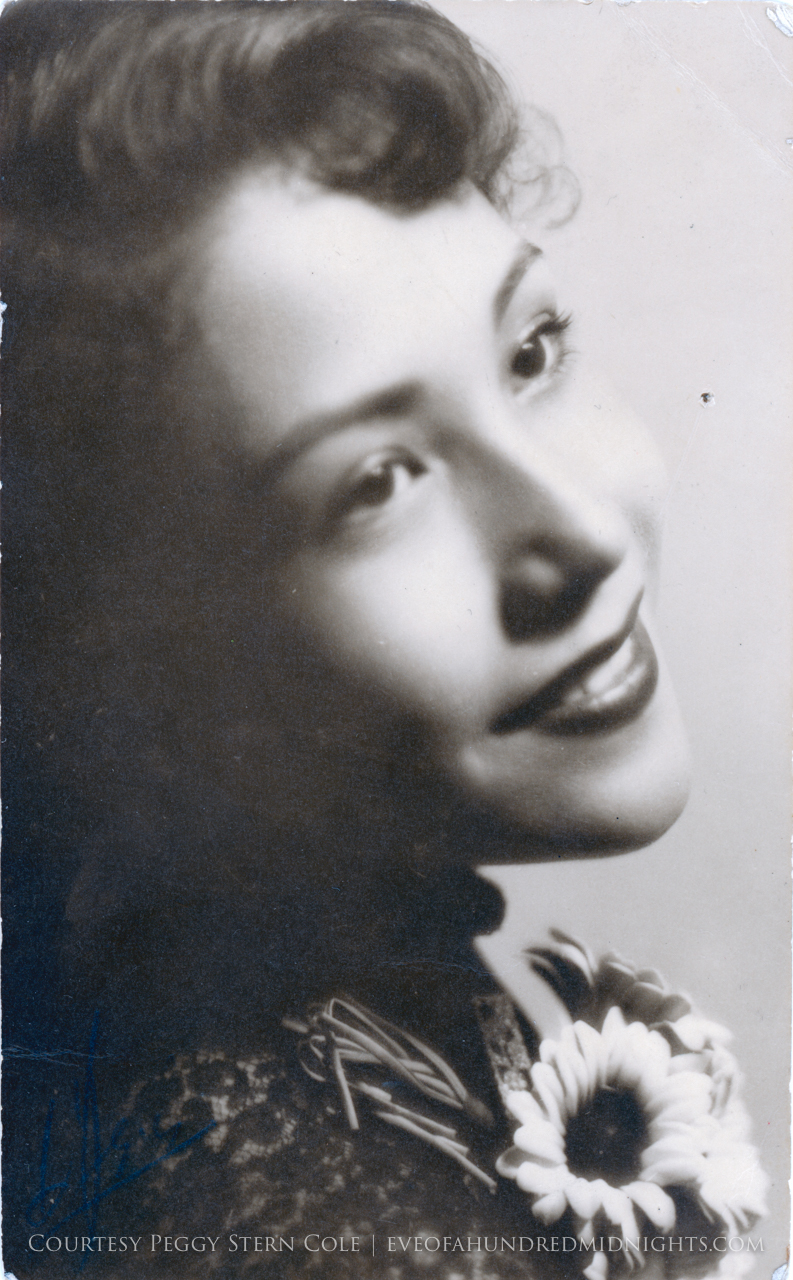
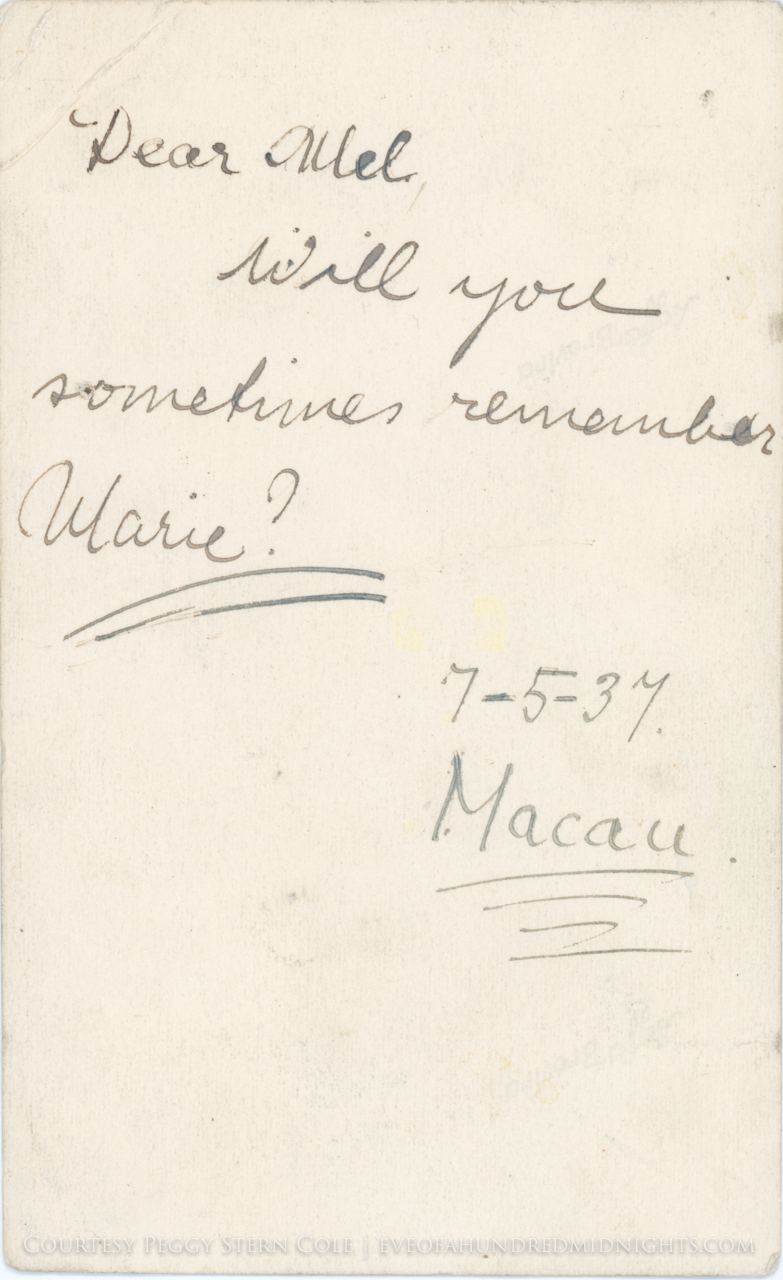
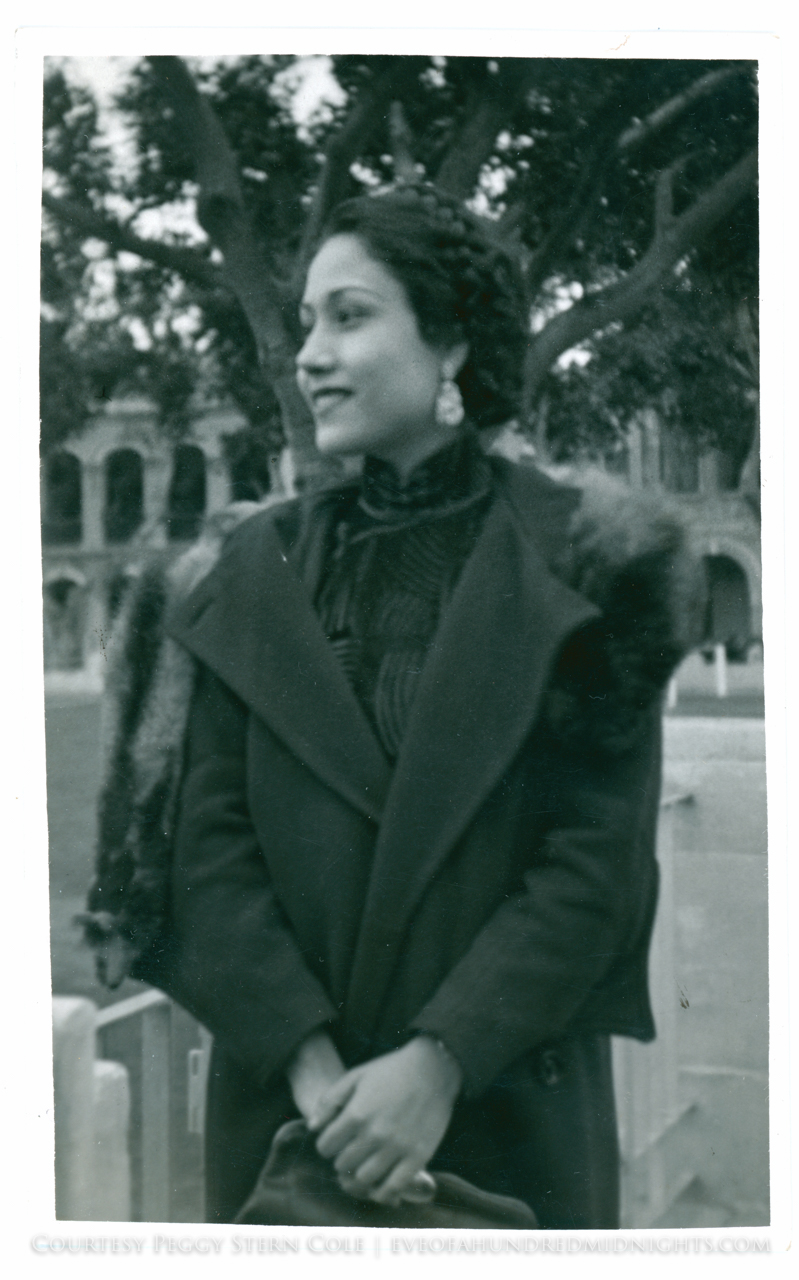
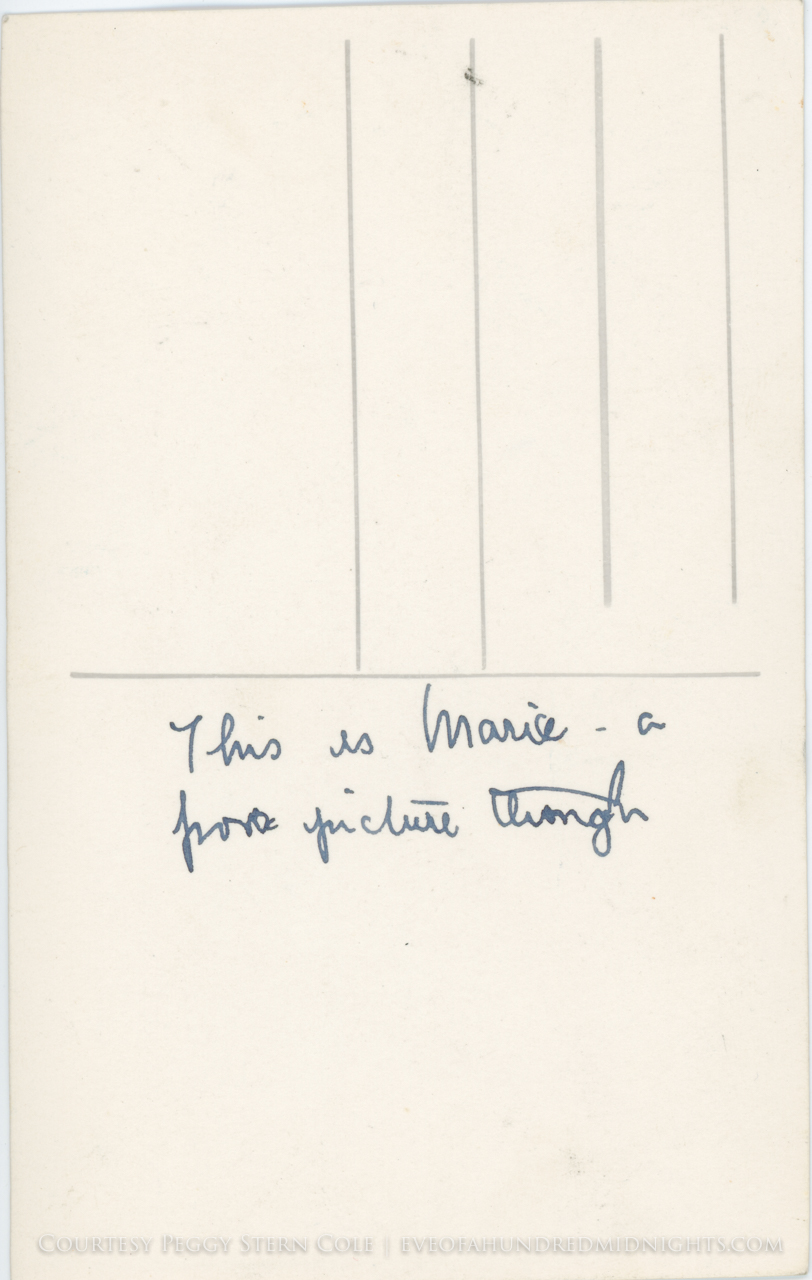
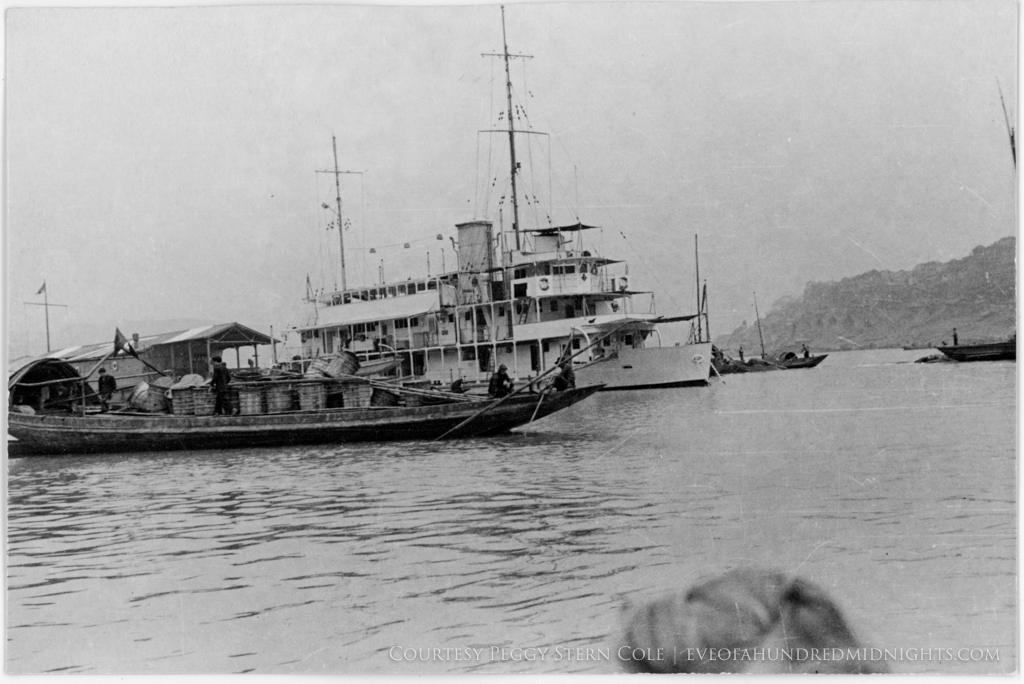
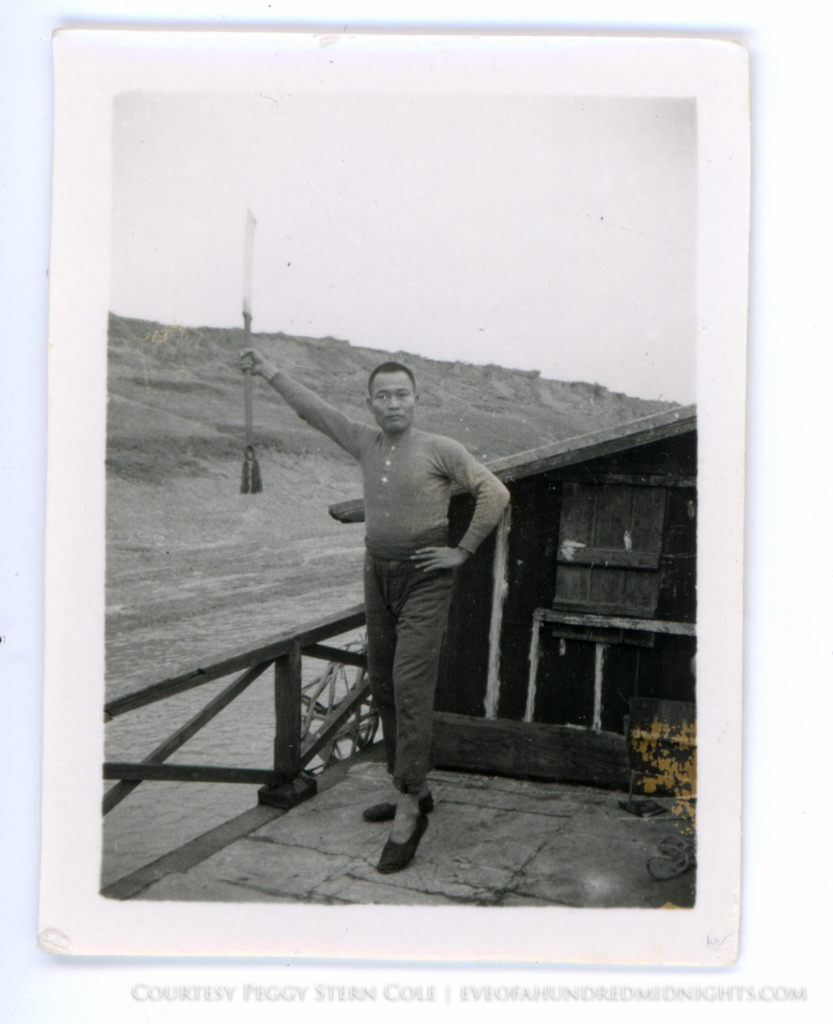
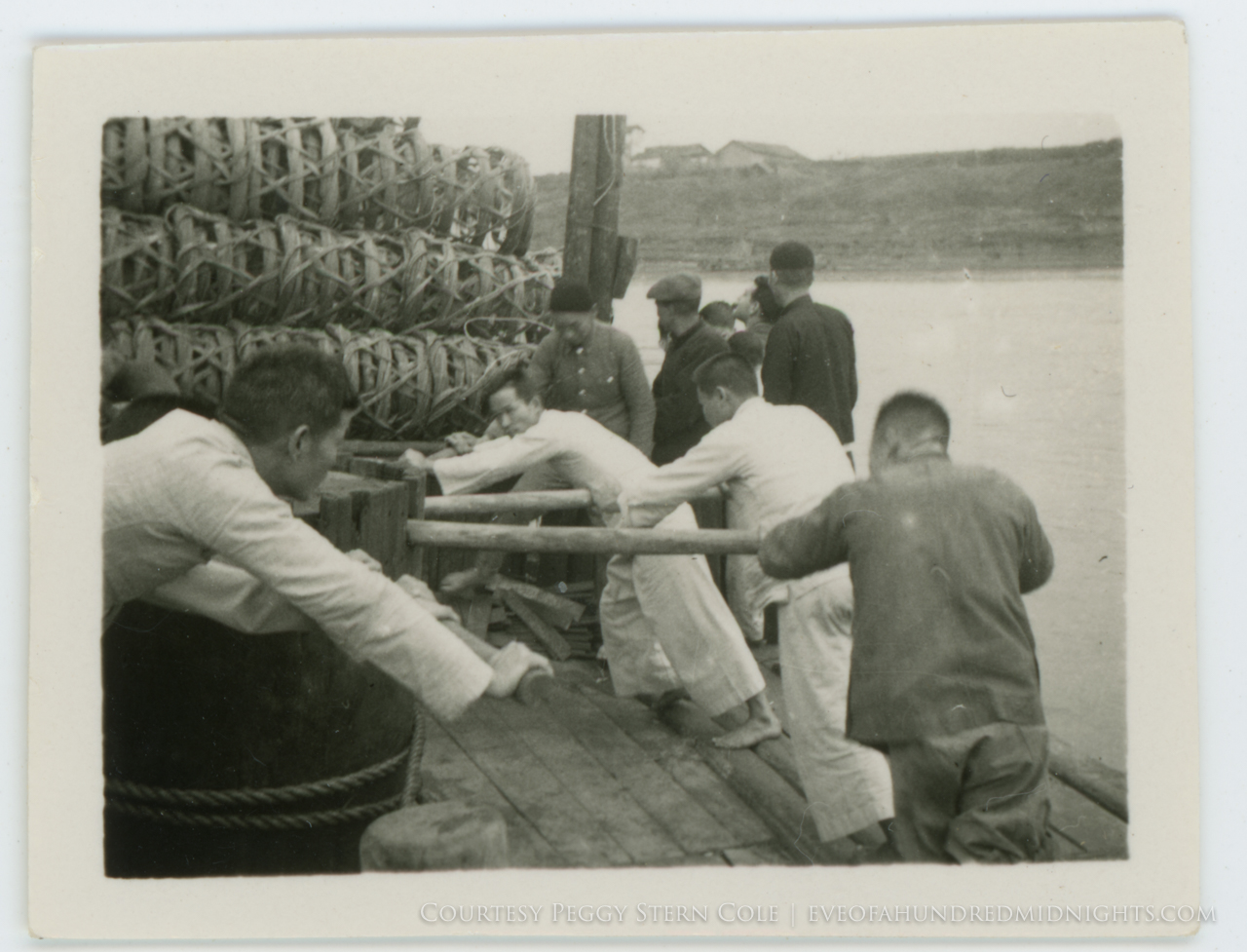
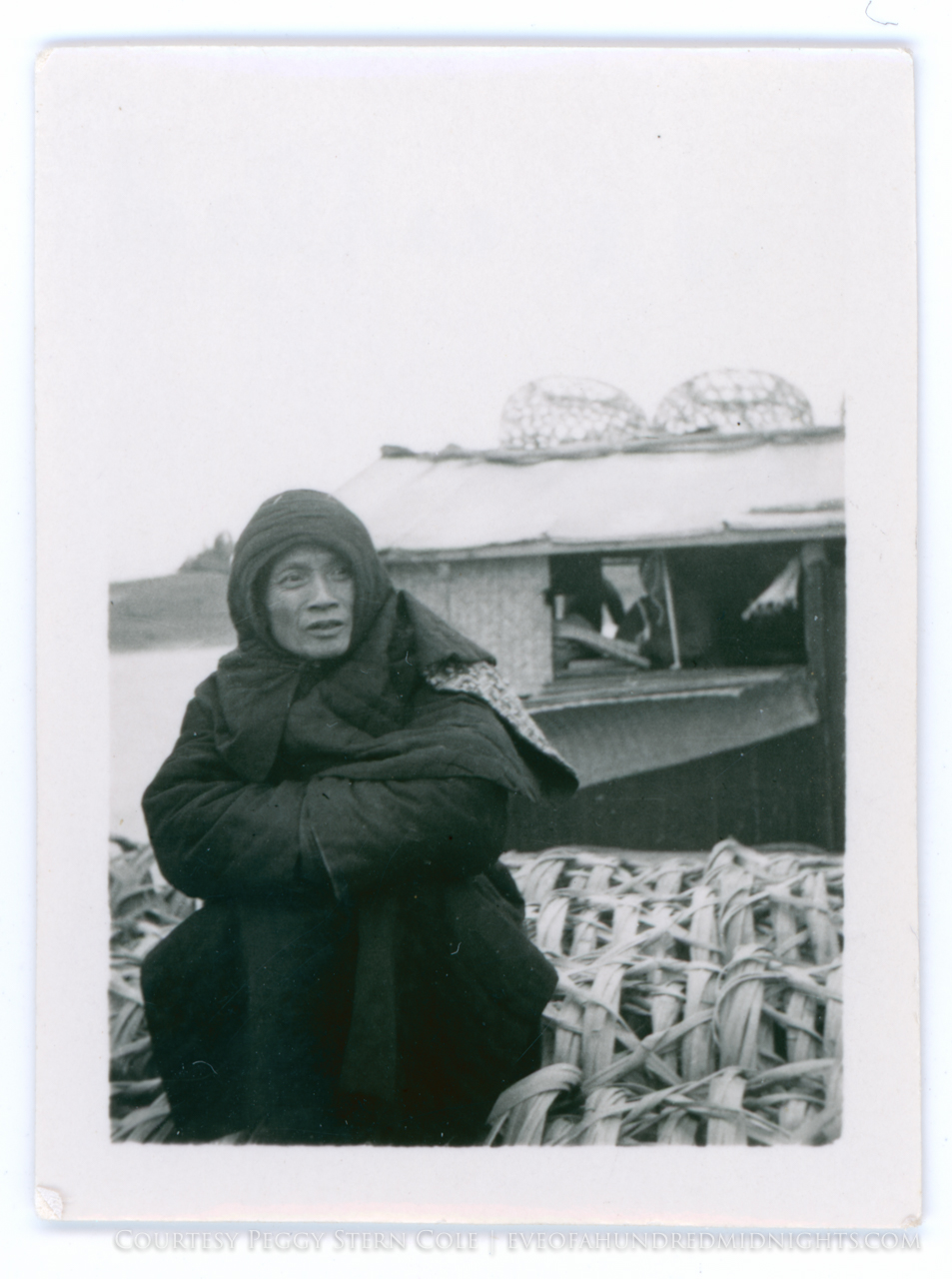
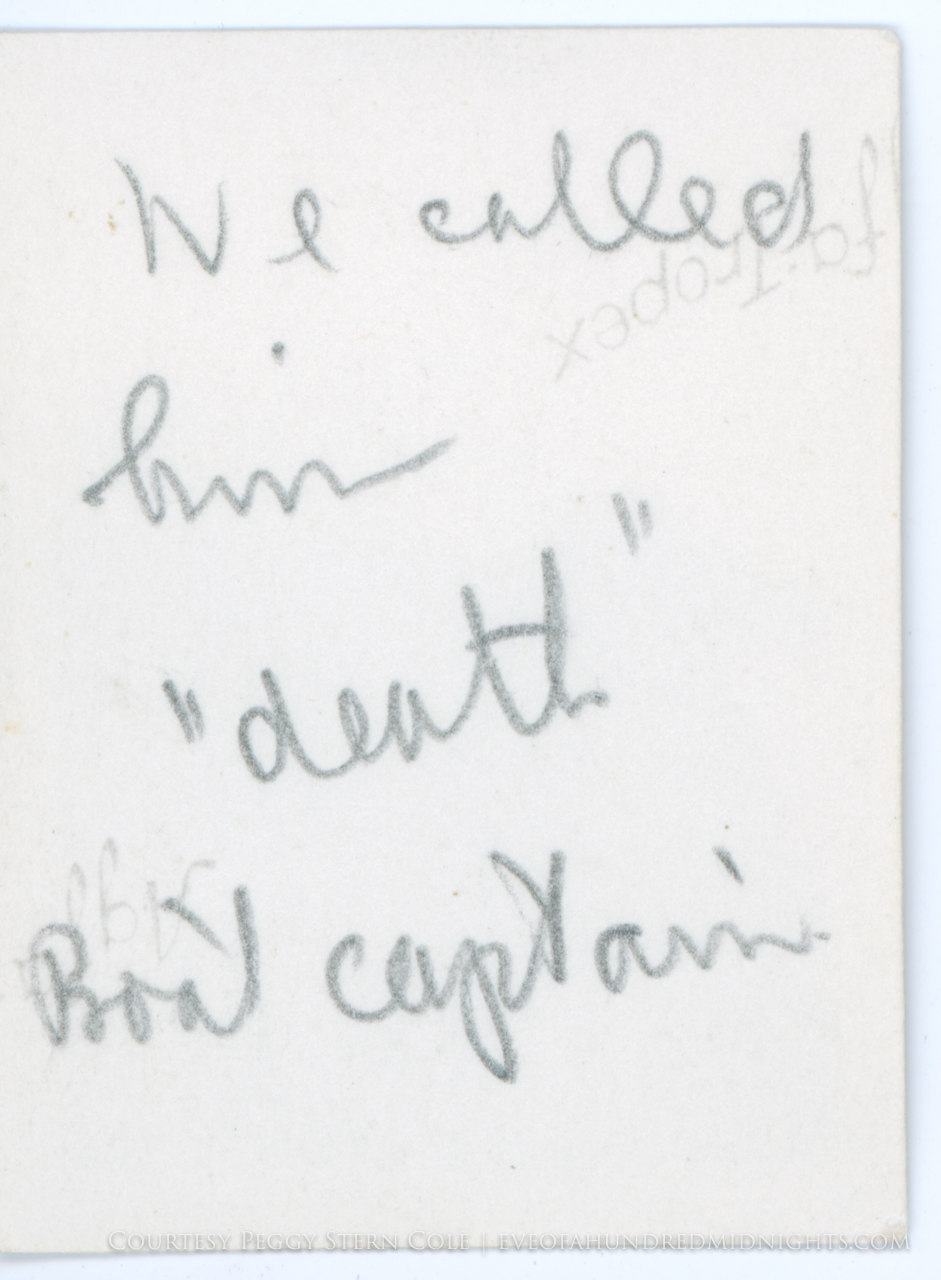
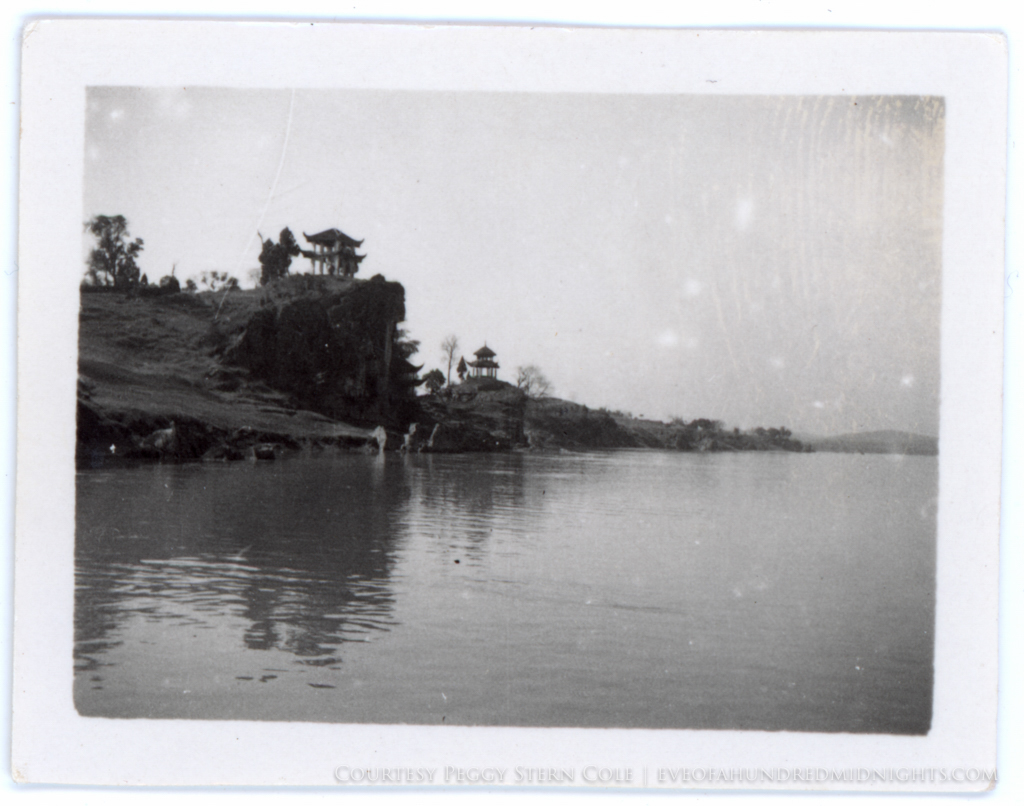
![Barefoot Soldiers [Likely in Guangxi].jpg](https://images.squarespace-cdn.com/content/v1/51db1d79e4b03e2f06324d97/1469736421060-PVFIHAKH8UZ7LHDC0OG3/Barefoot+Soldiers+%5BLikely+in+Guangxi%5D.jpg)
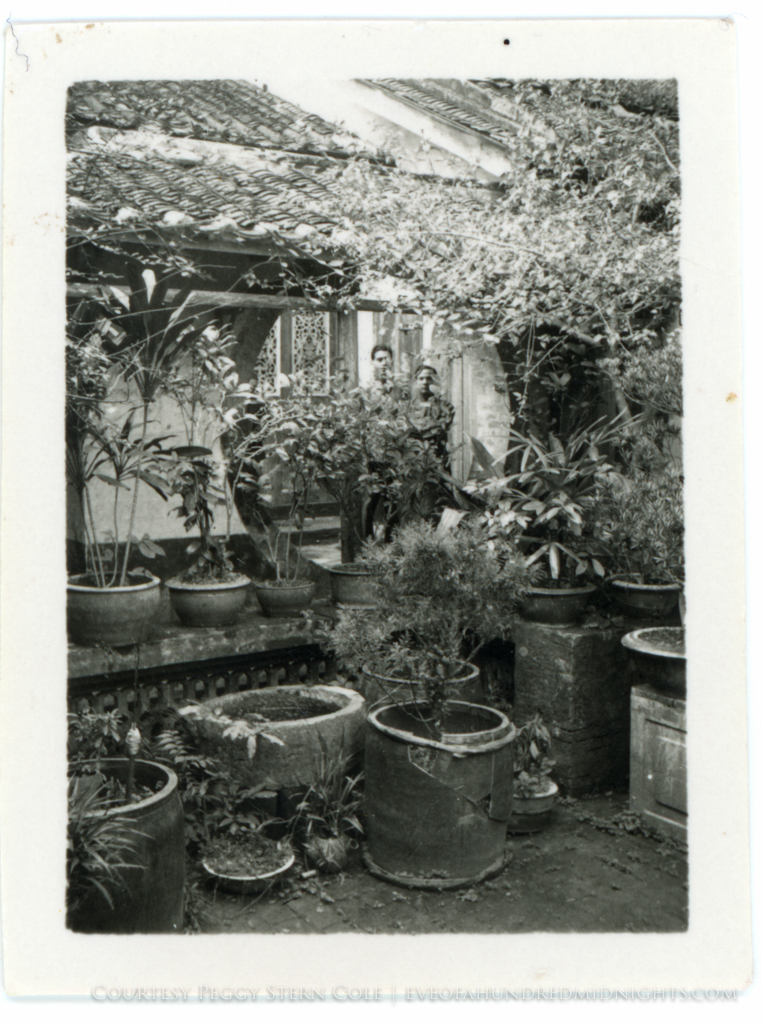
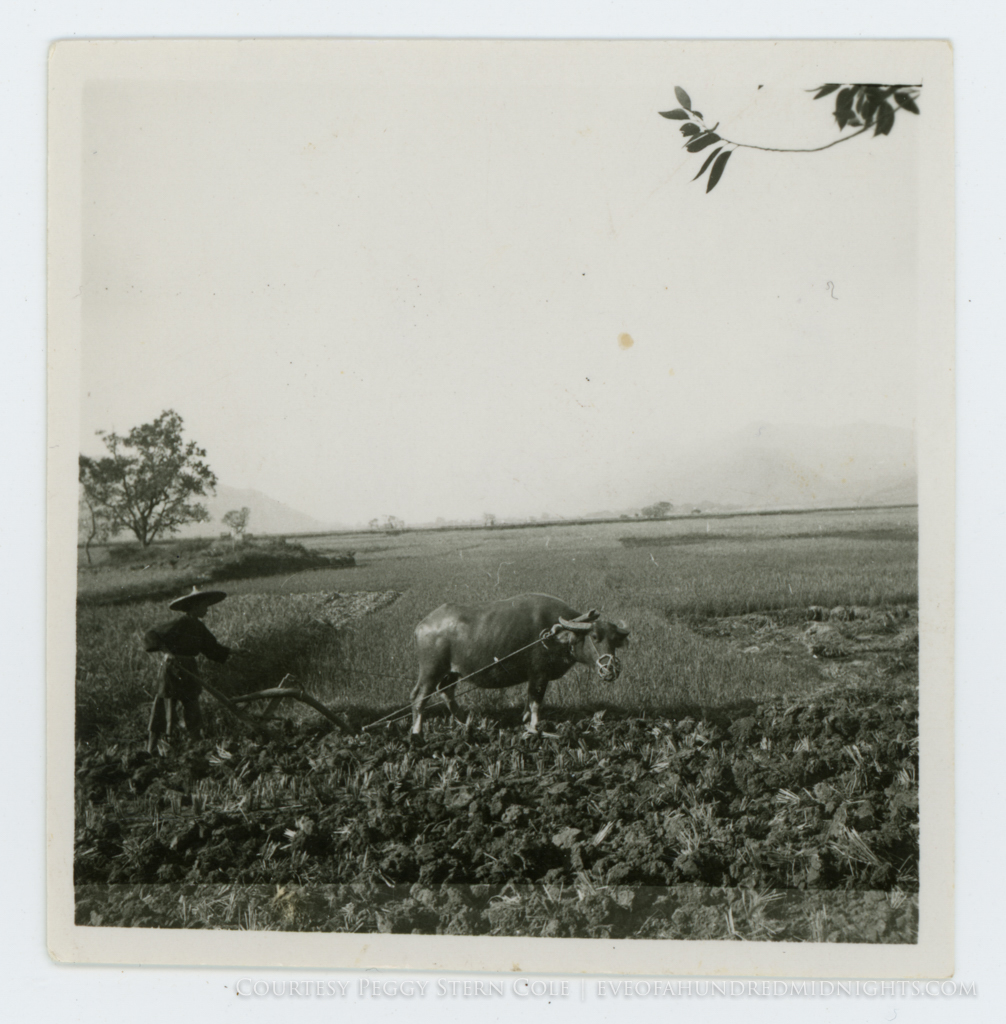
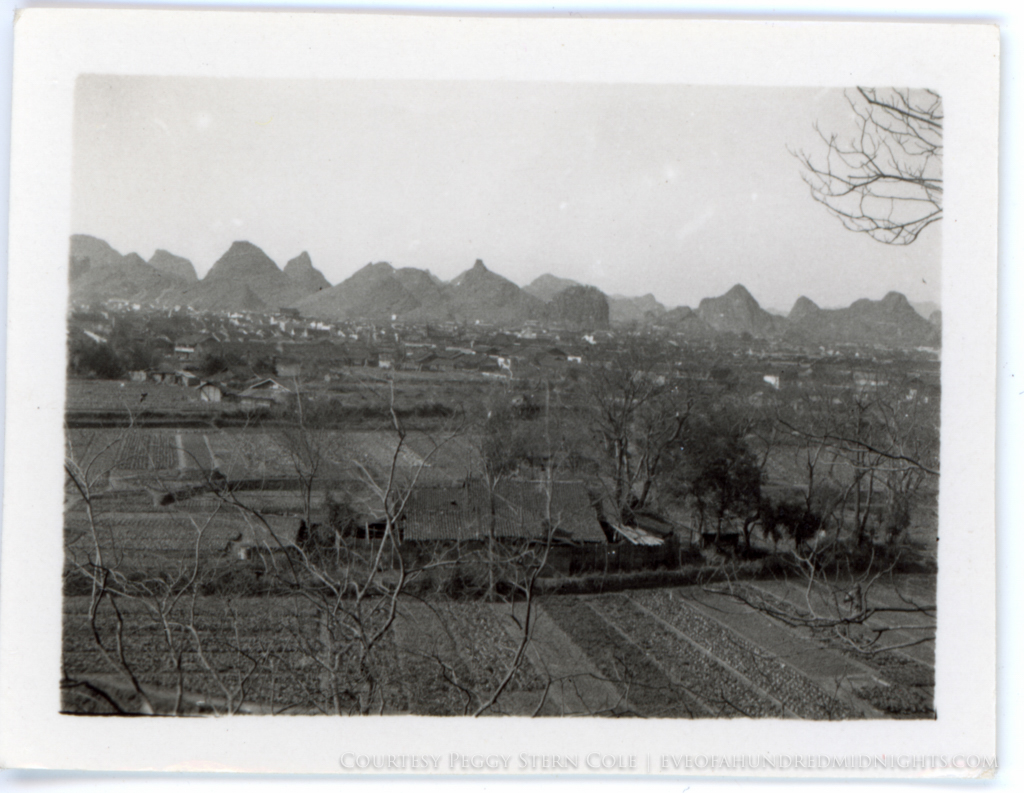
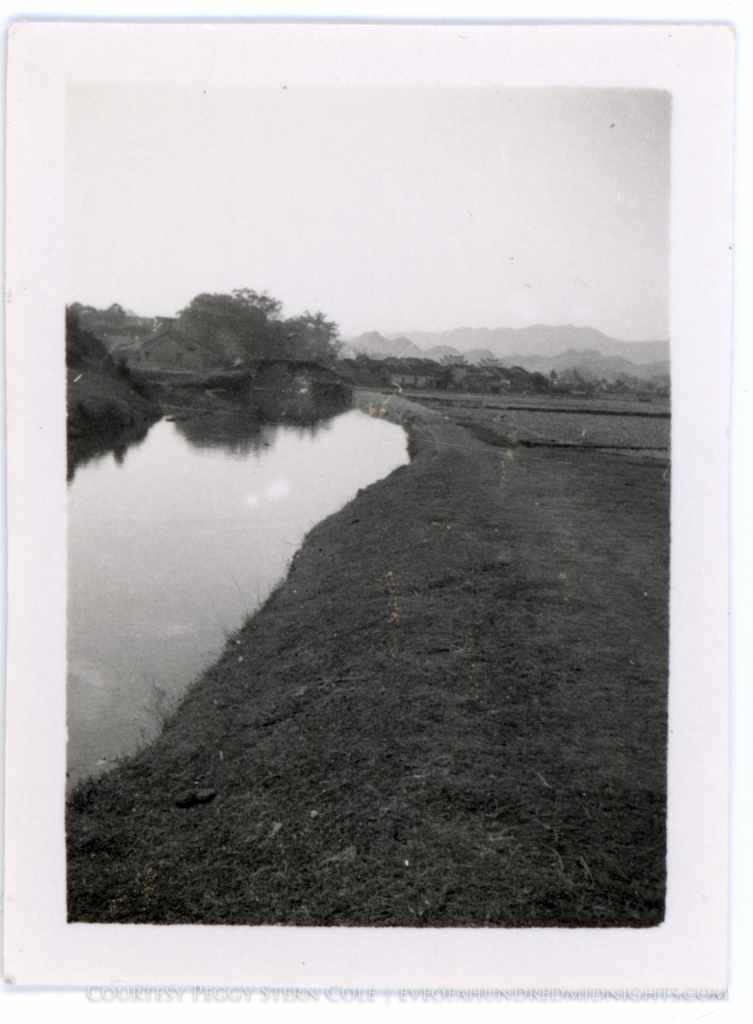
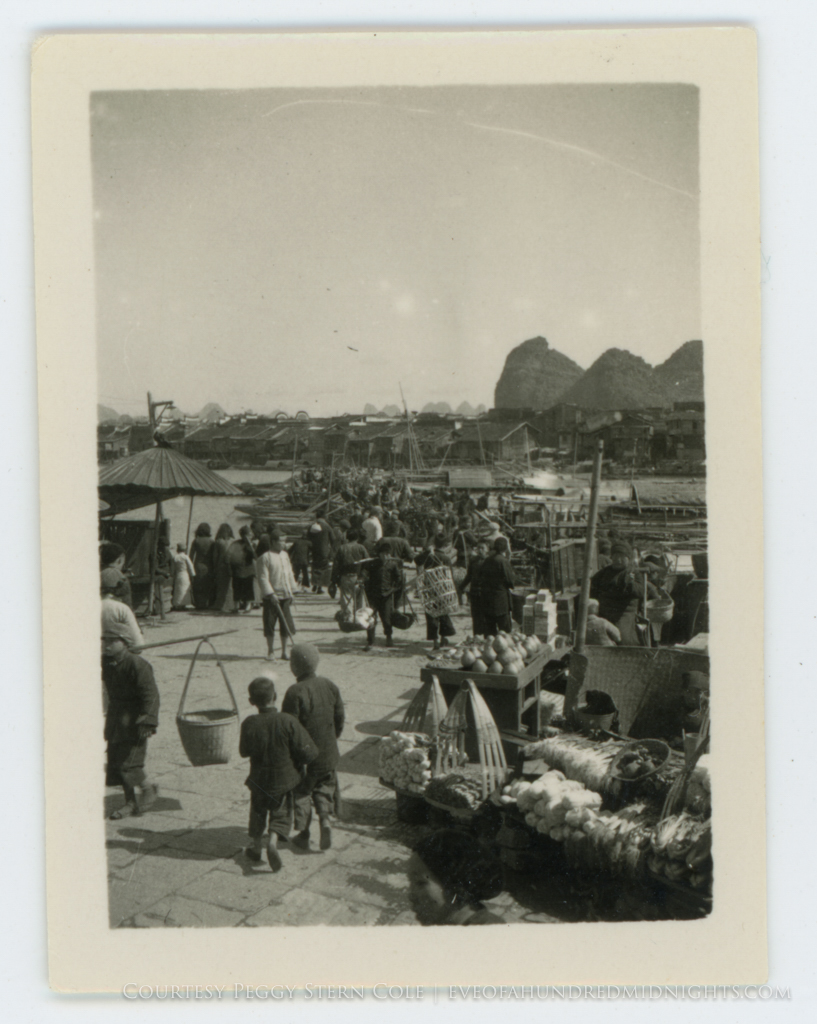
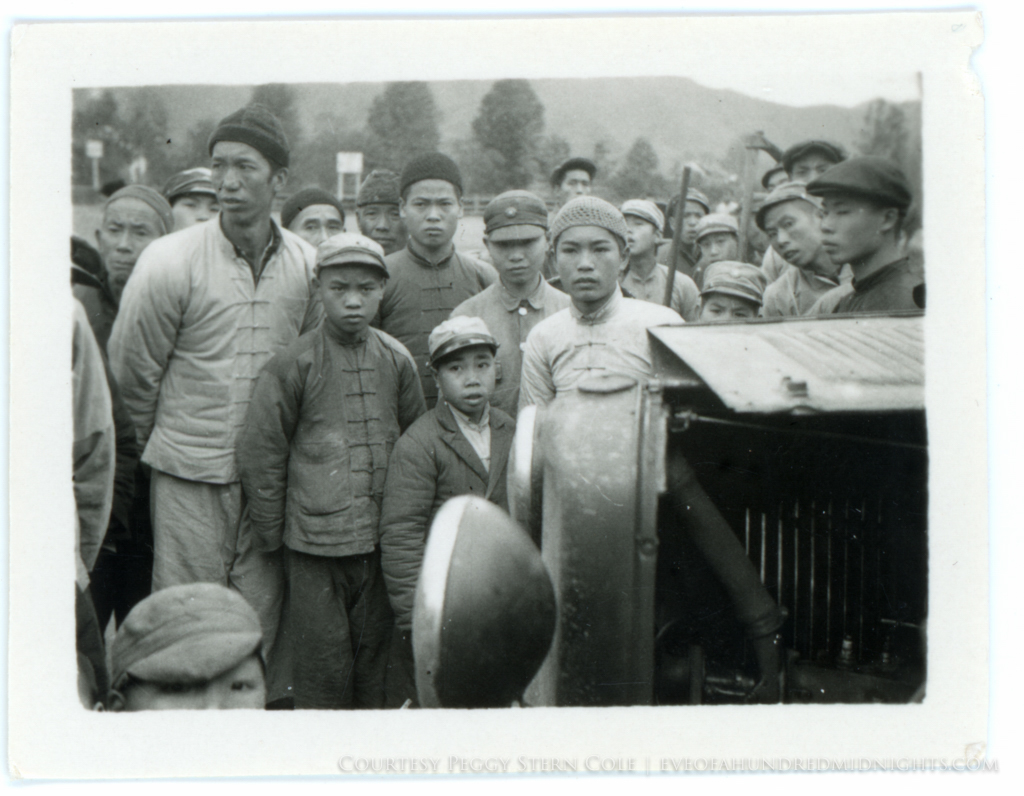
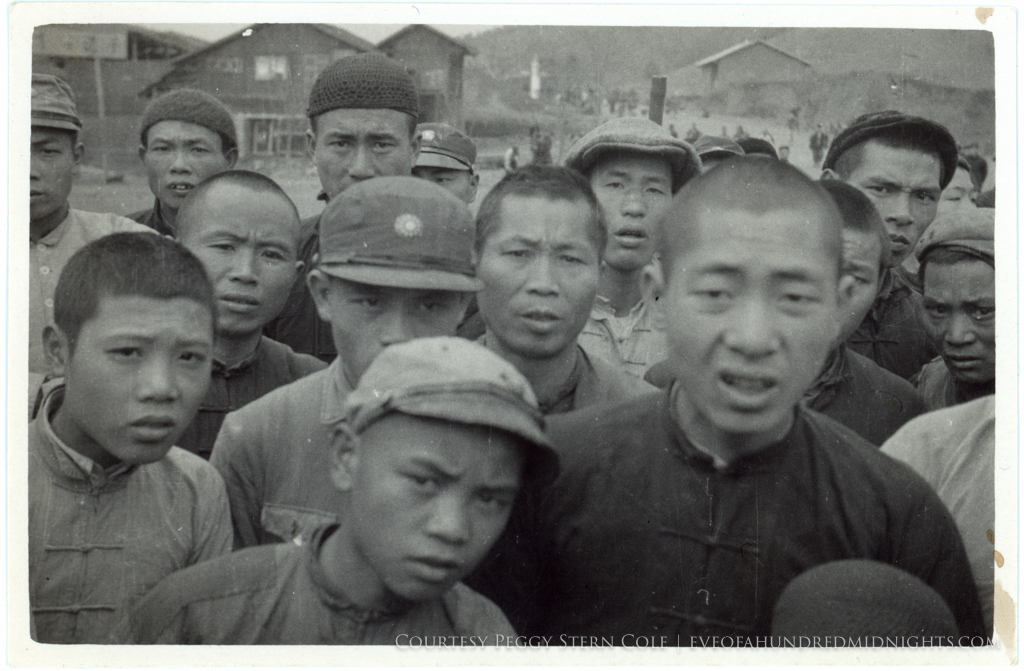
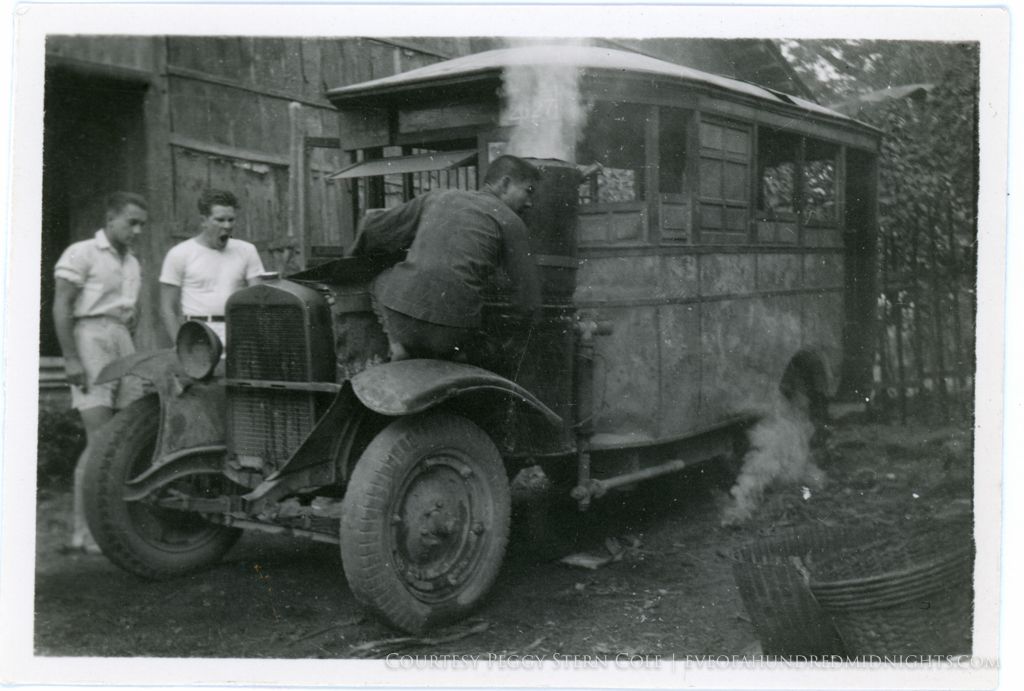
![Monastary Square Print [Front].jpg](https://images.squarespace-cdn.com/content/v1/51db1d79e4b03e2f06324d97/1469736494921-7LQSGLBD2S2Y7DXOI89W/Monastary+Square+Print+%5BFront%5D.jpg)
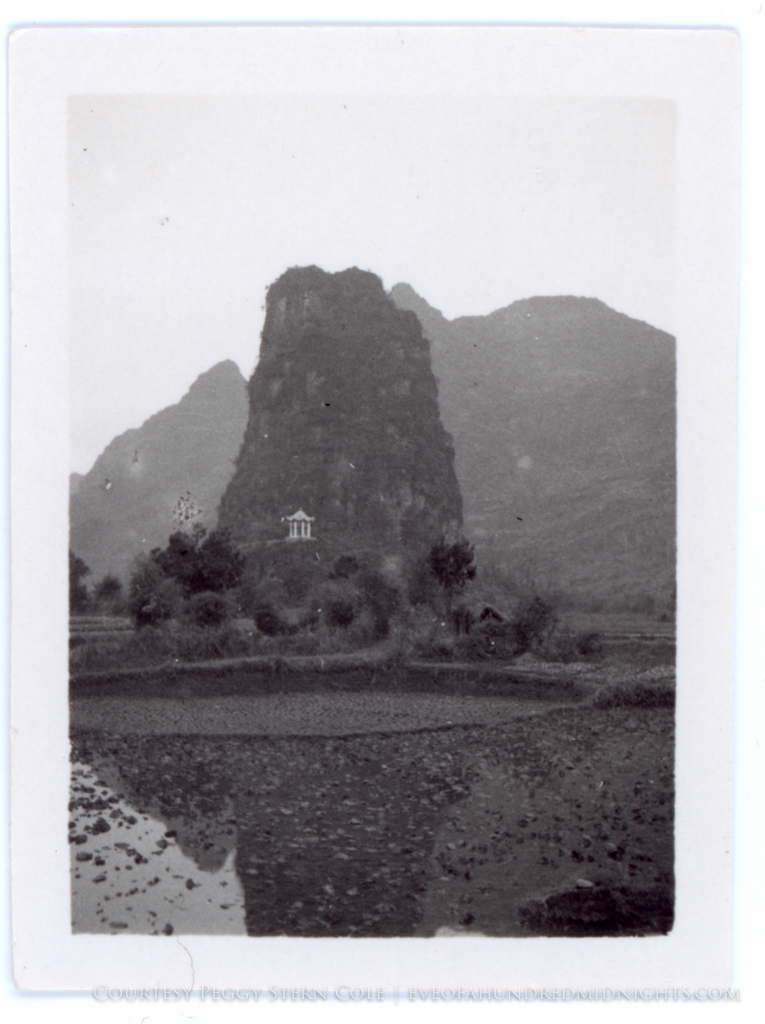
![Street Scene in Kulangsu [Front].jpg](https://images.squarespace-cdn.com/content/v1/51db1d79e4b03e2f06324d97/1473380912005-VMADU257LY8ASFINK1Y3/Street+Scene+in+Kulangsu+%5BFront%5D.jpg)
